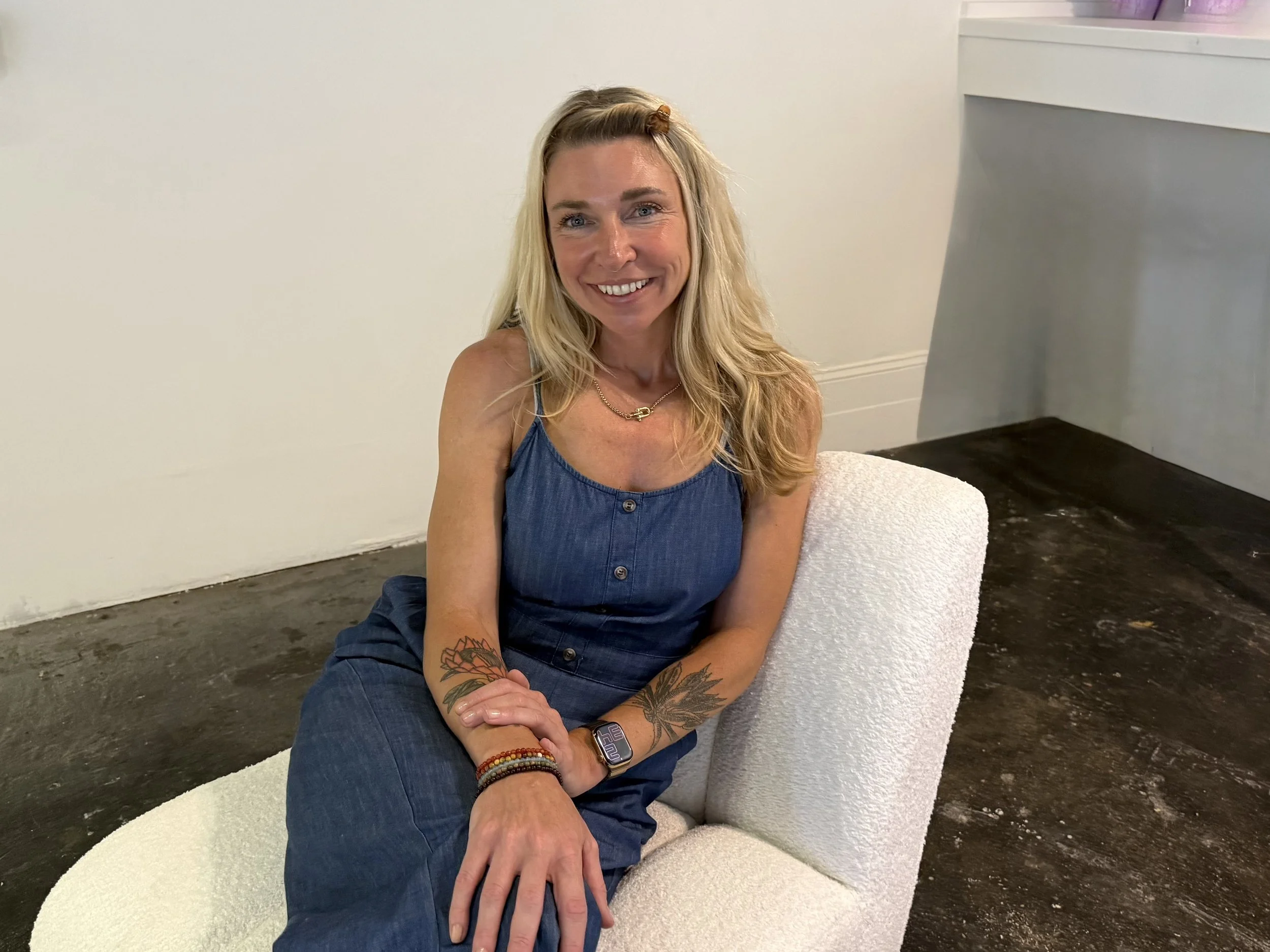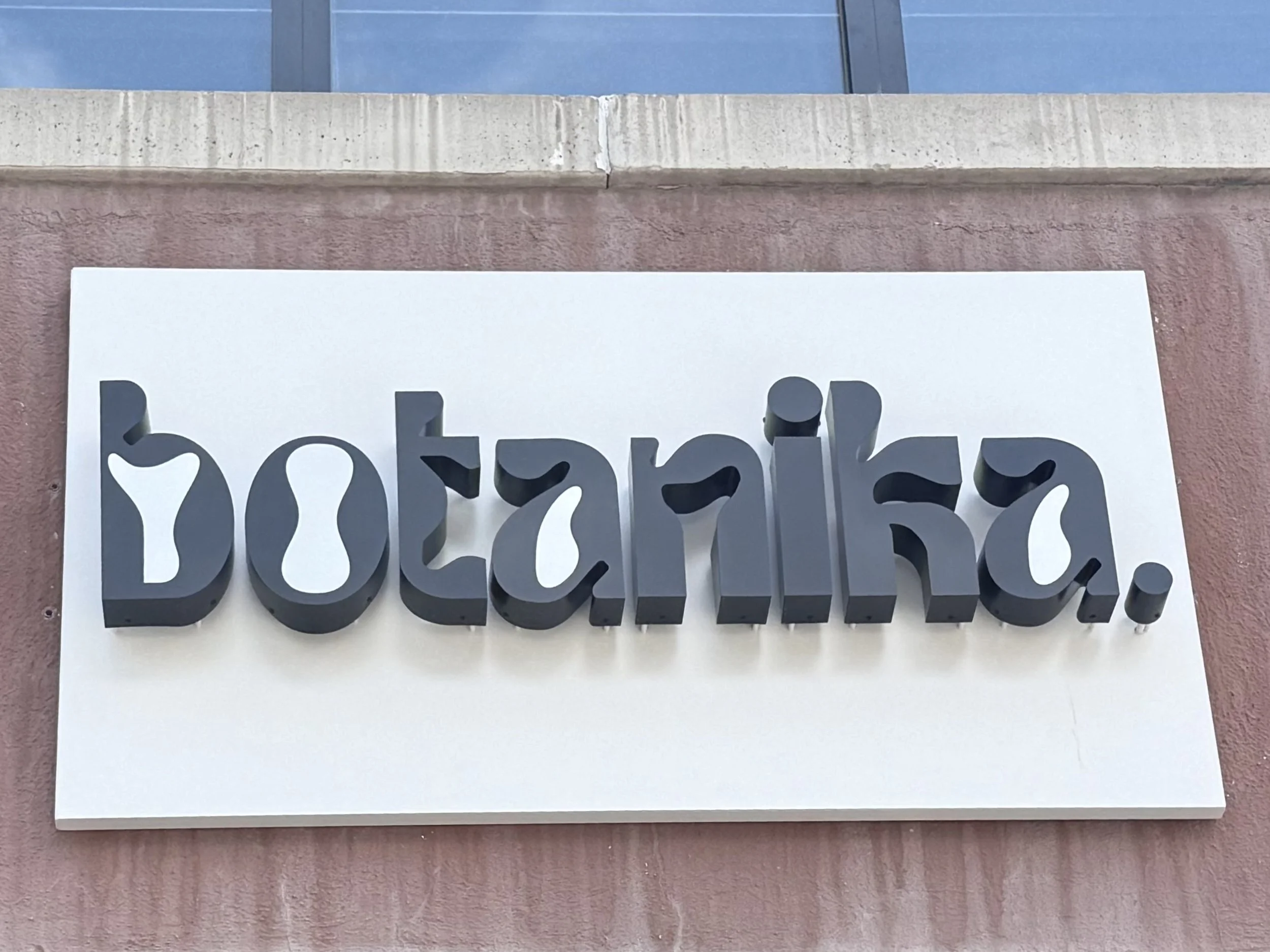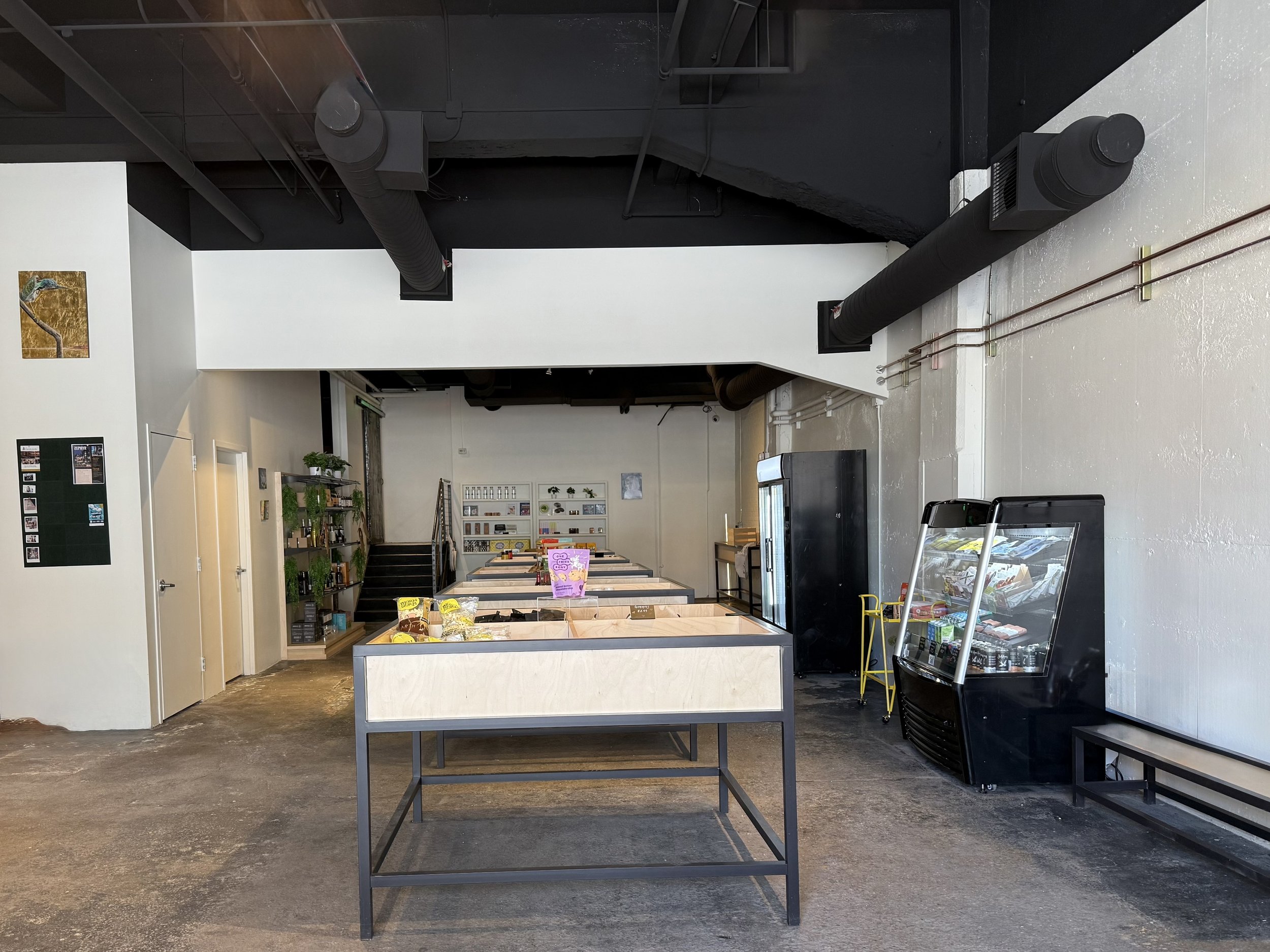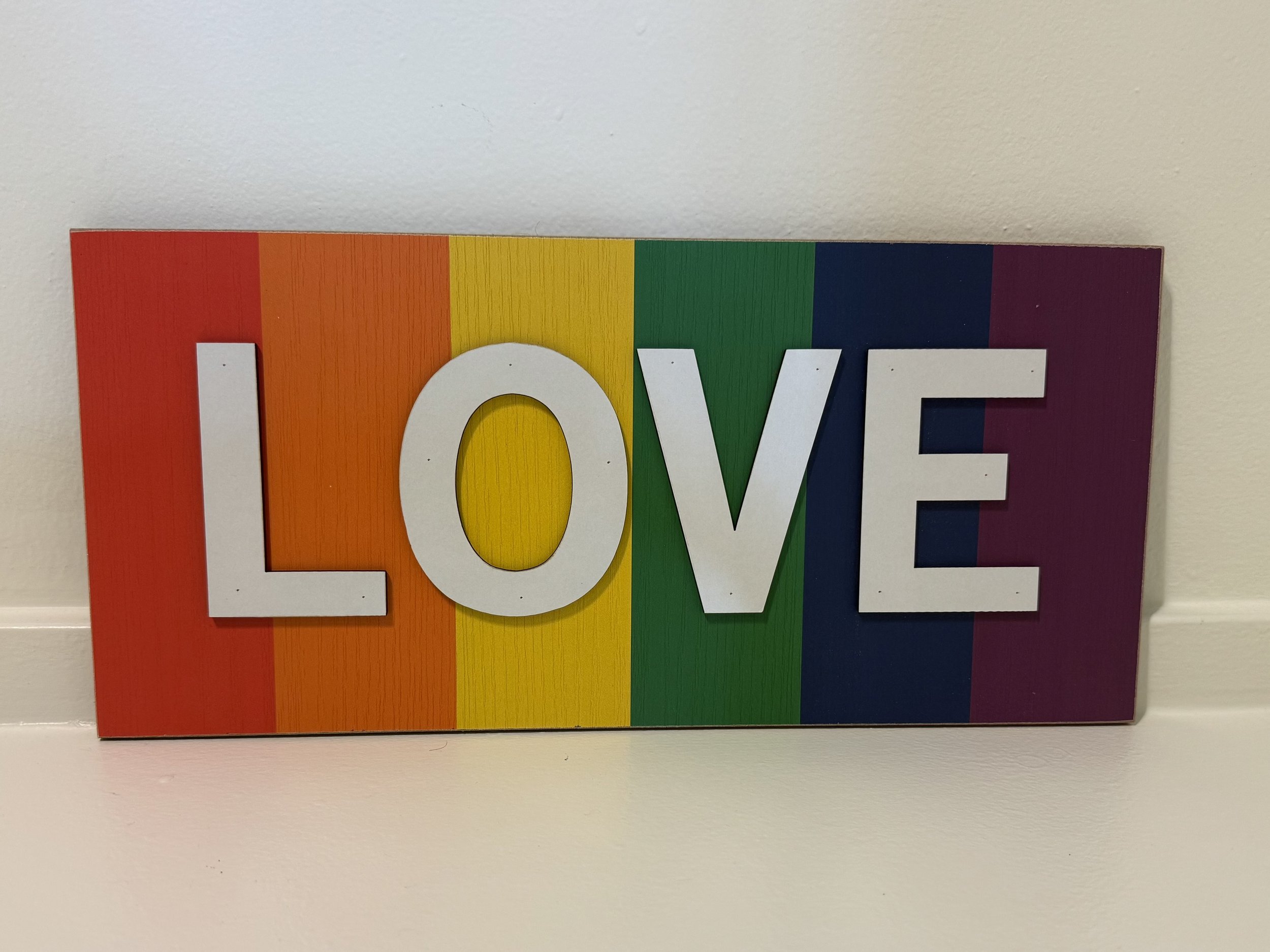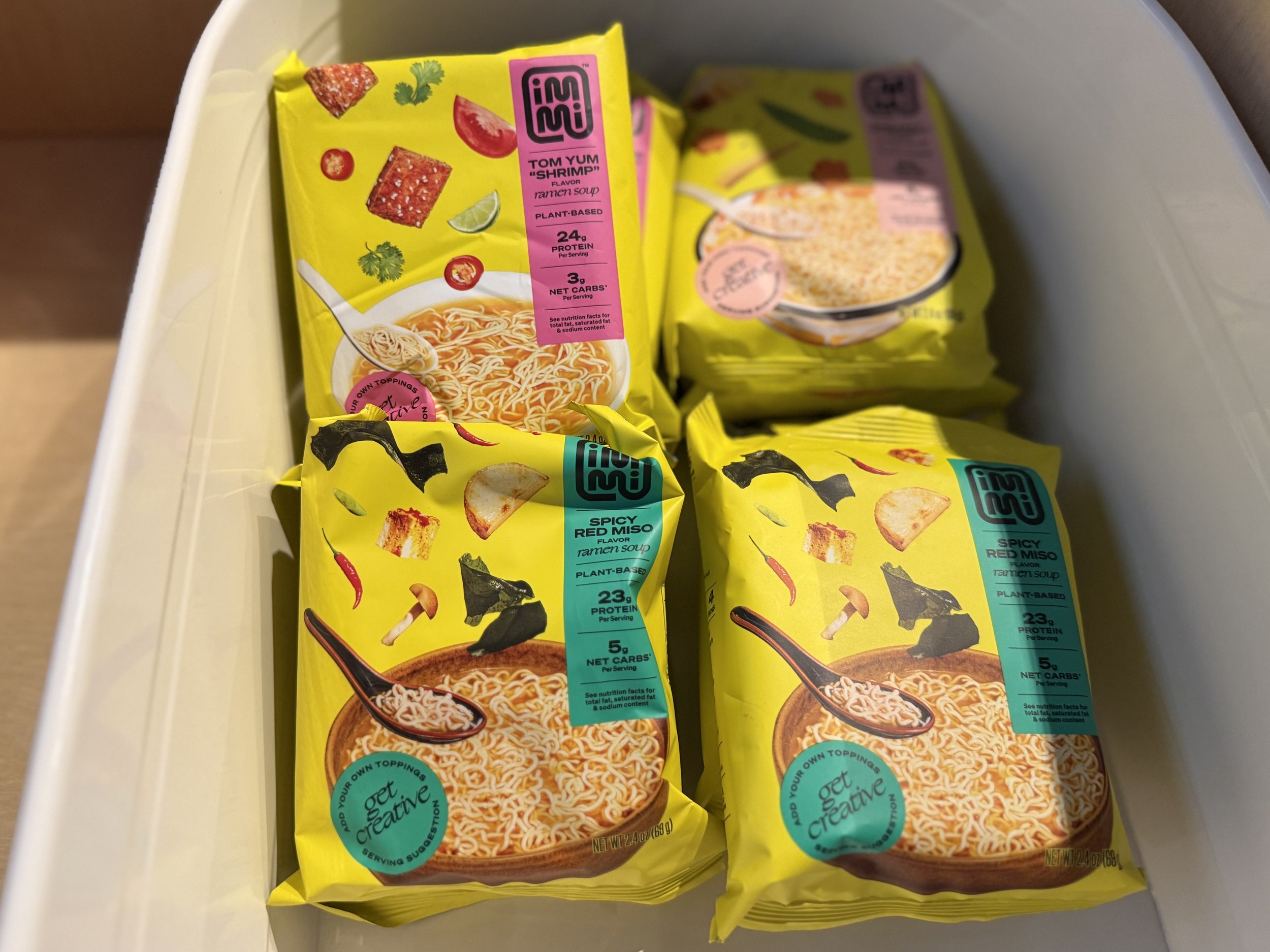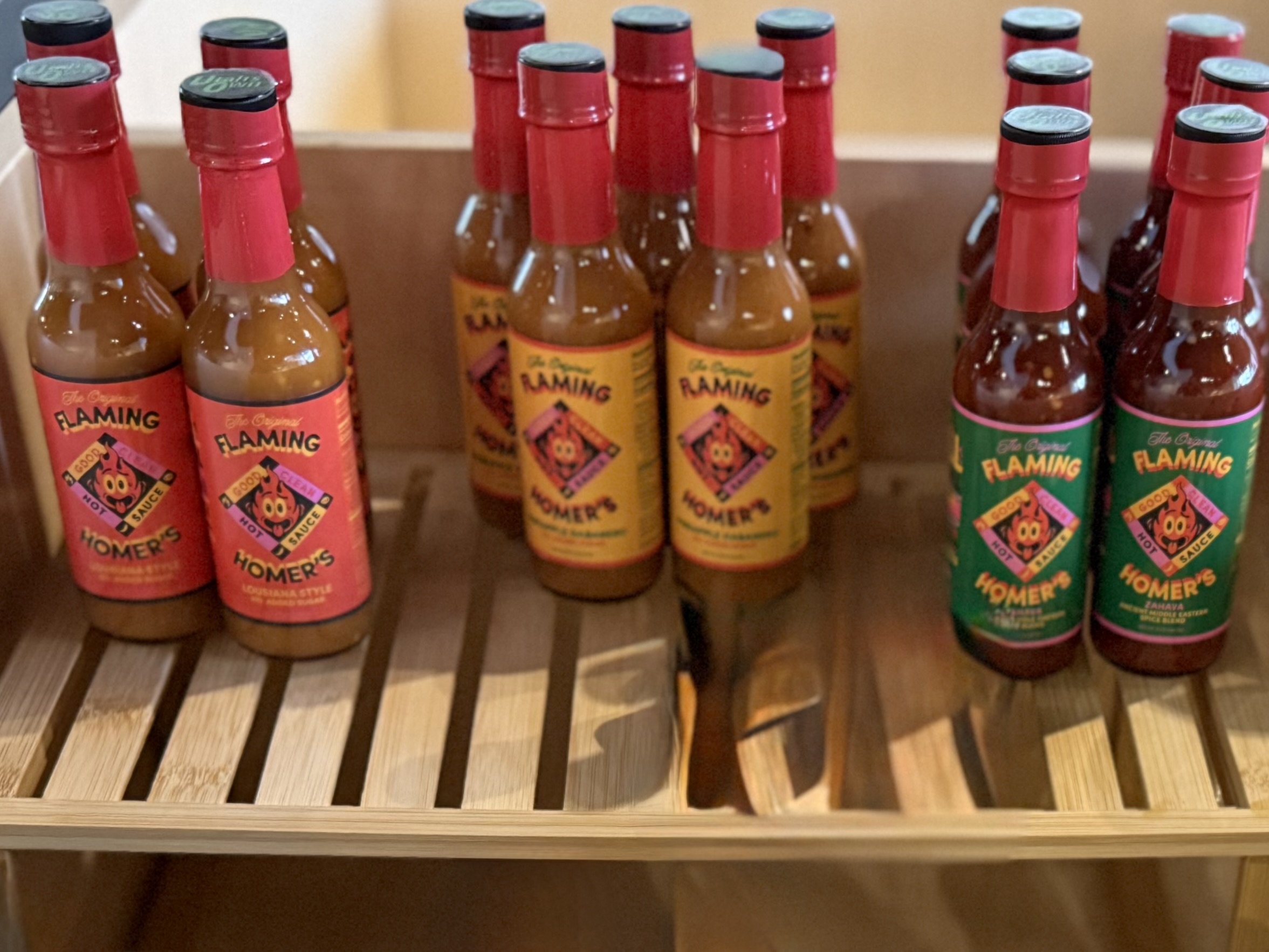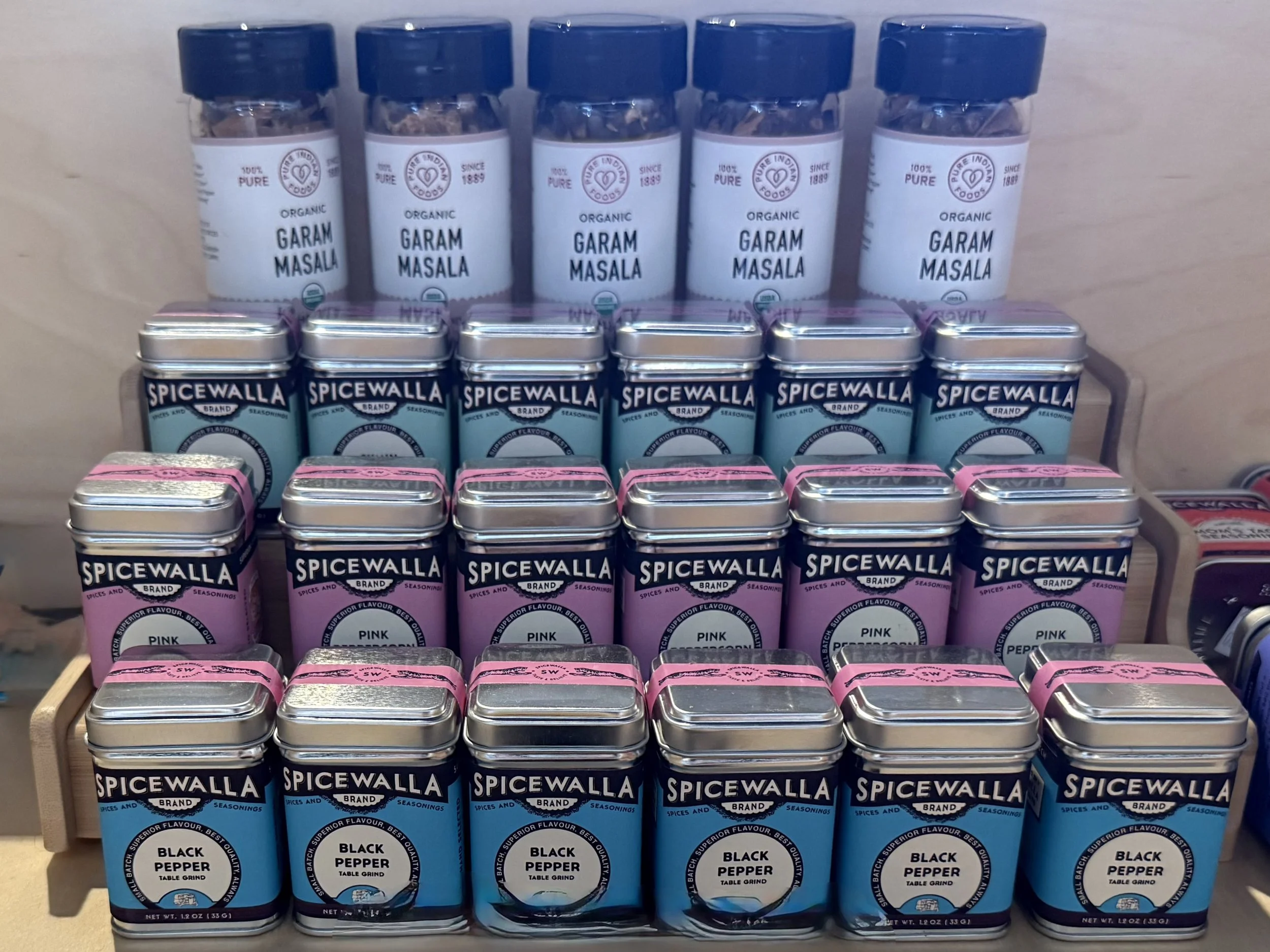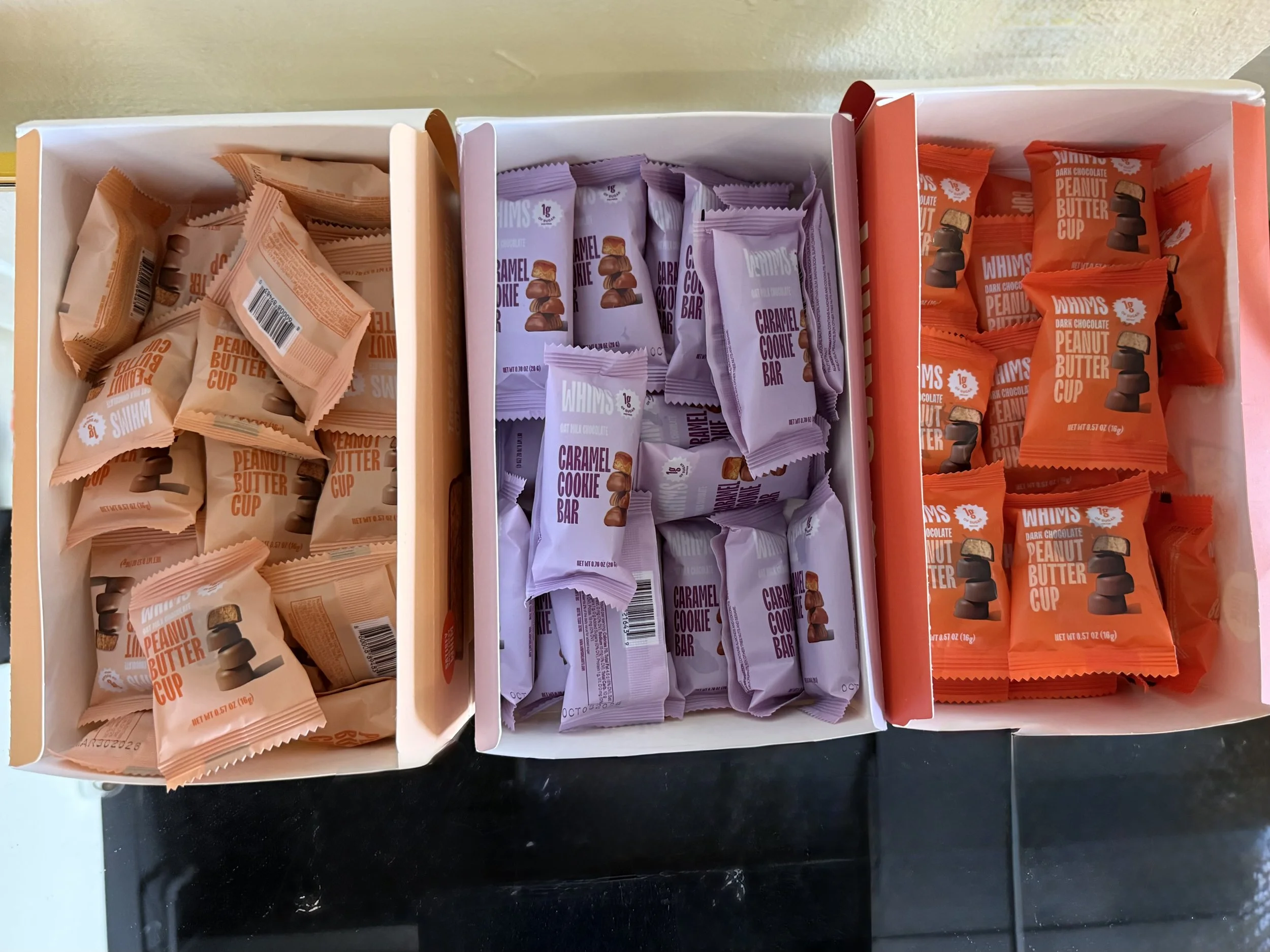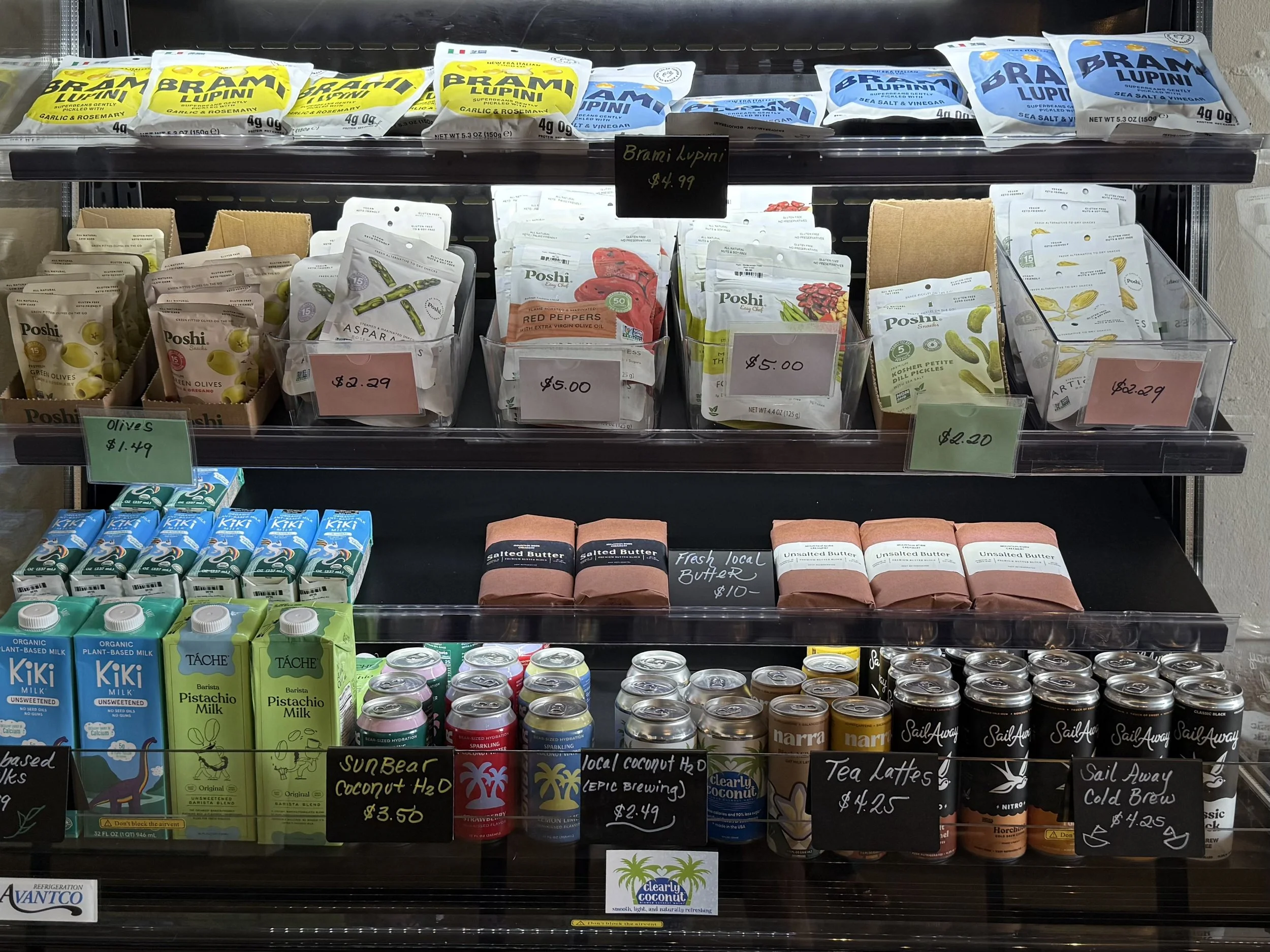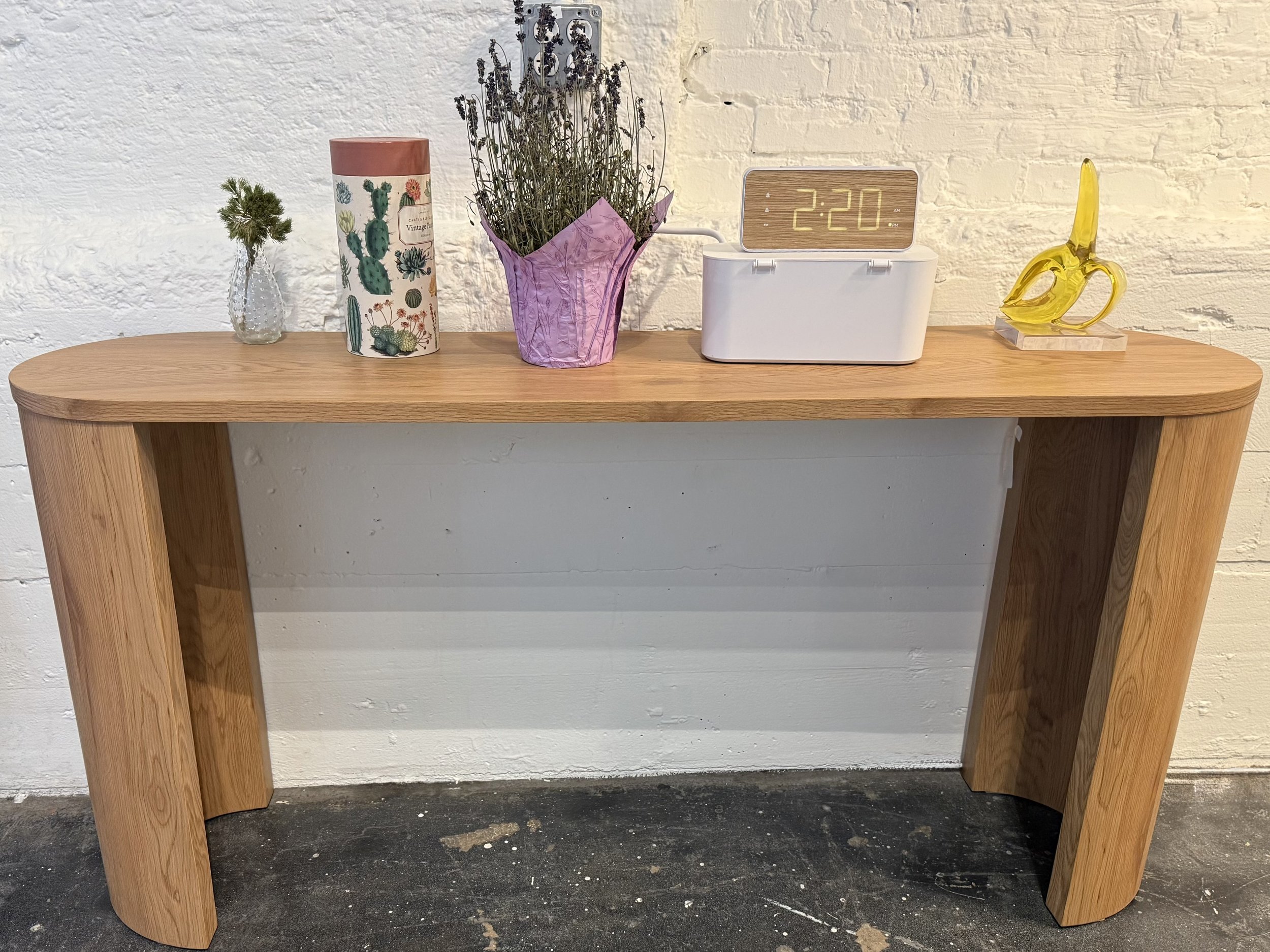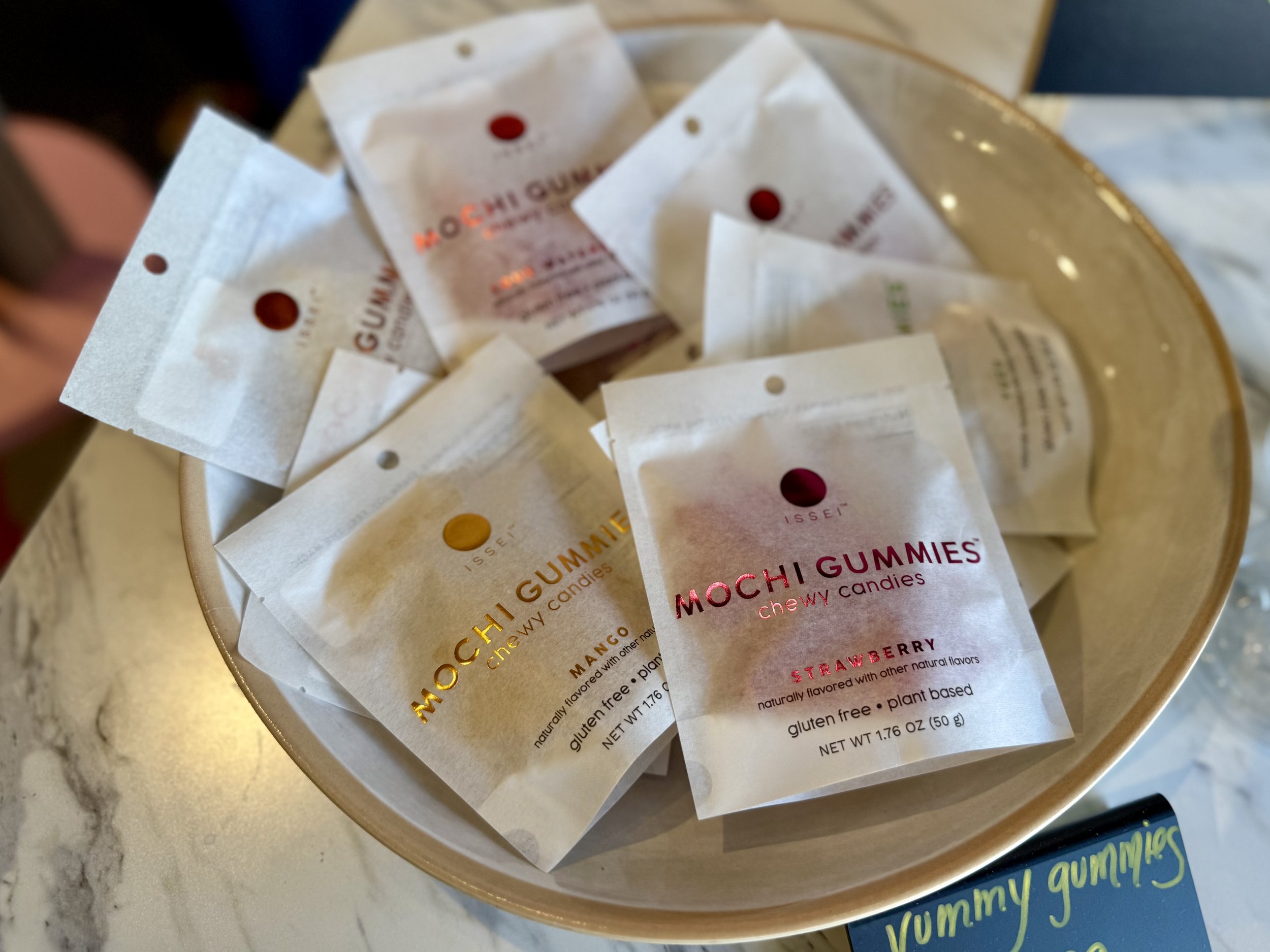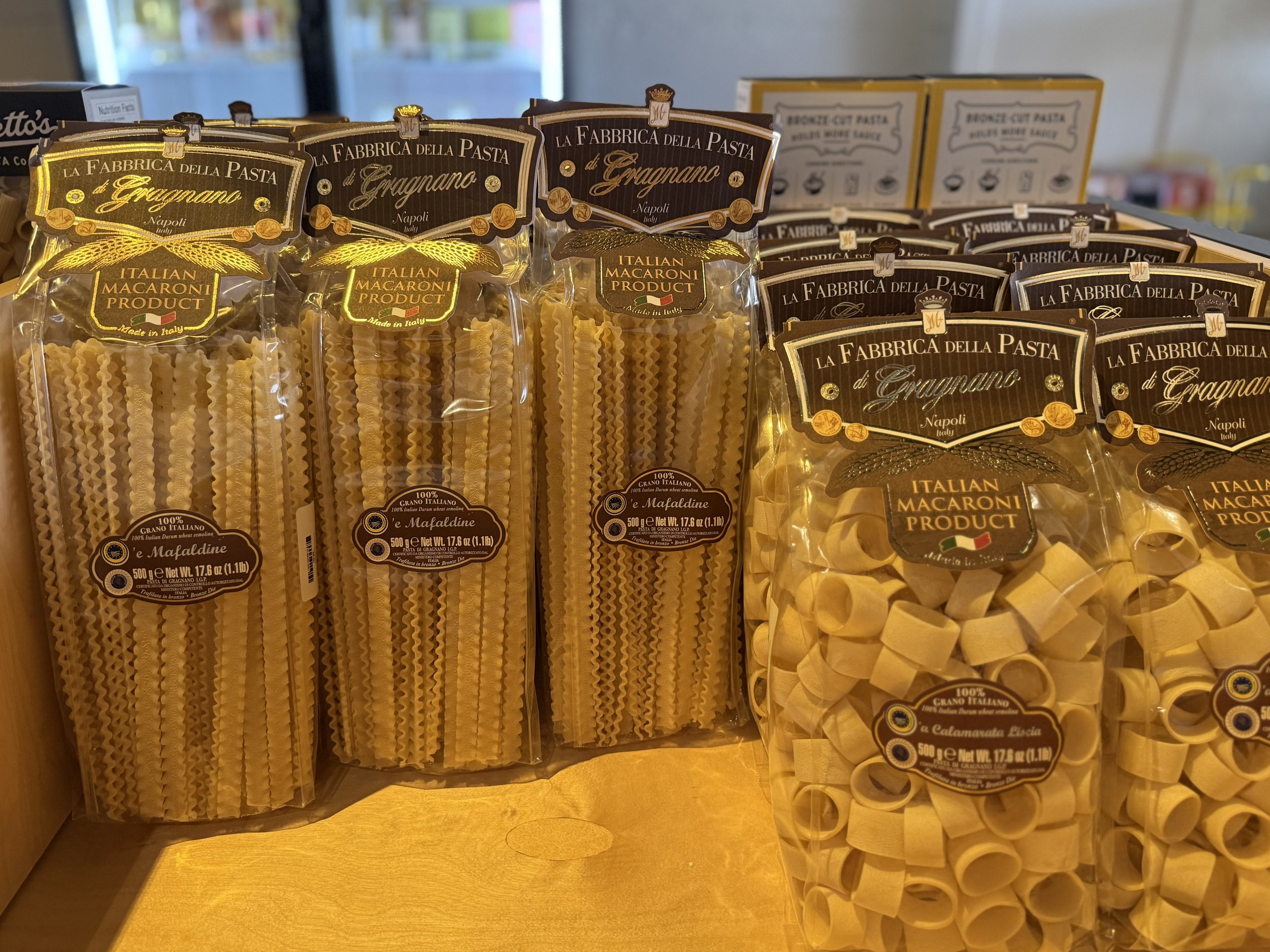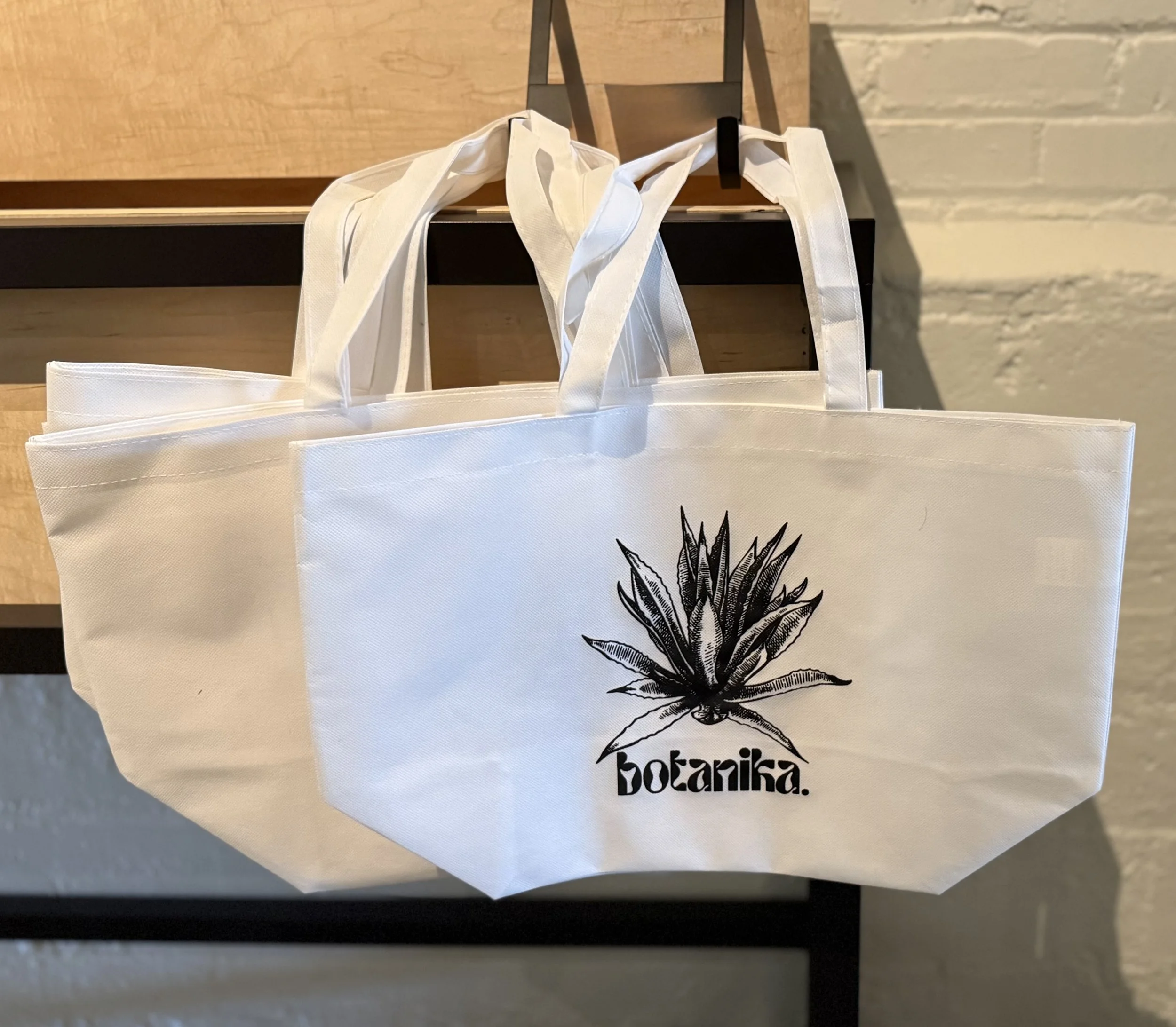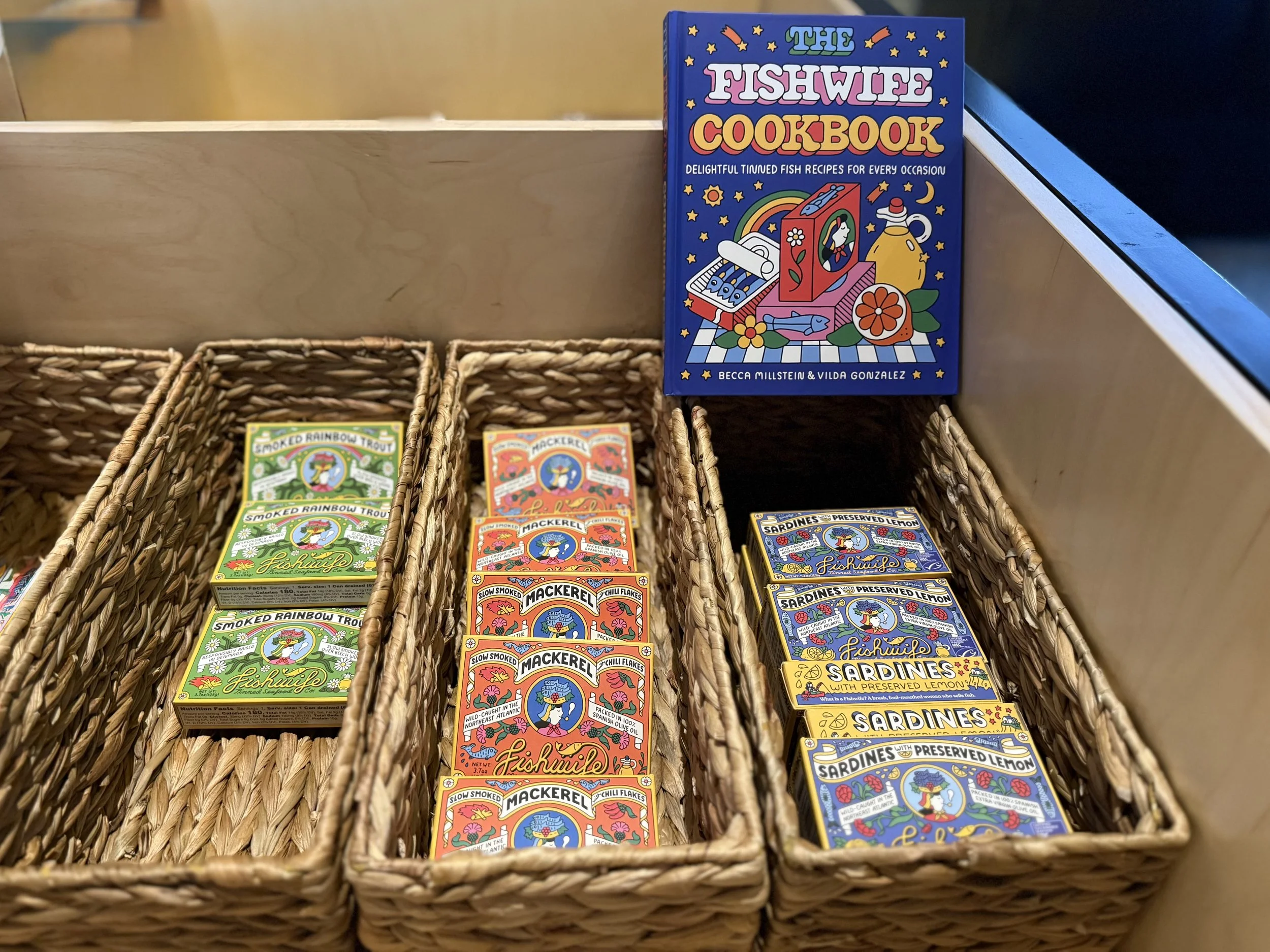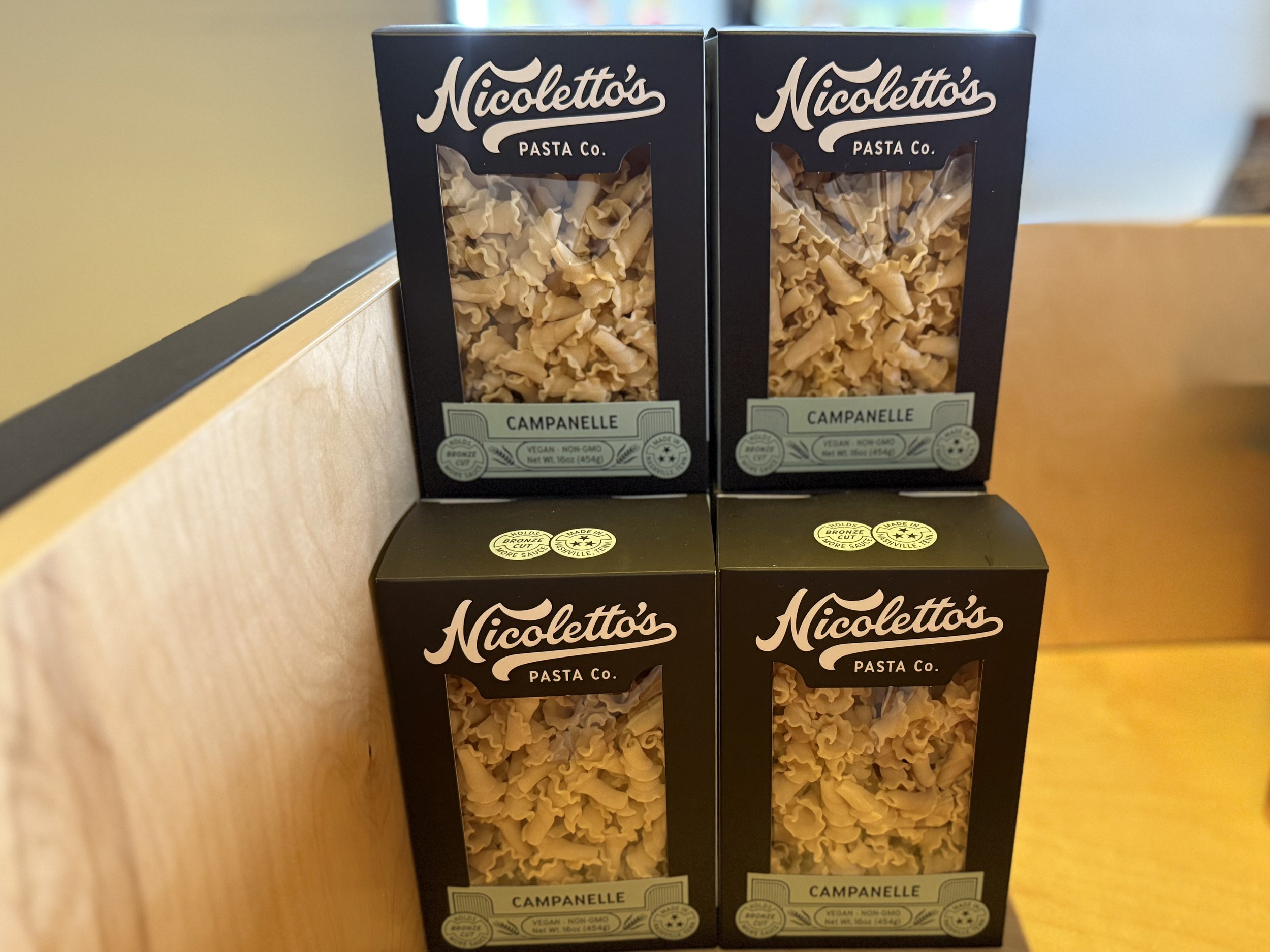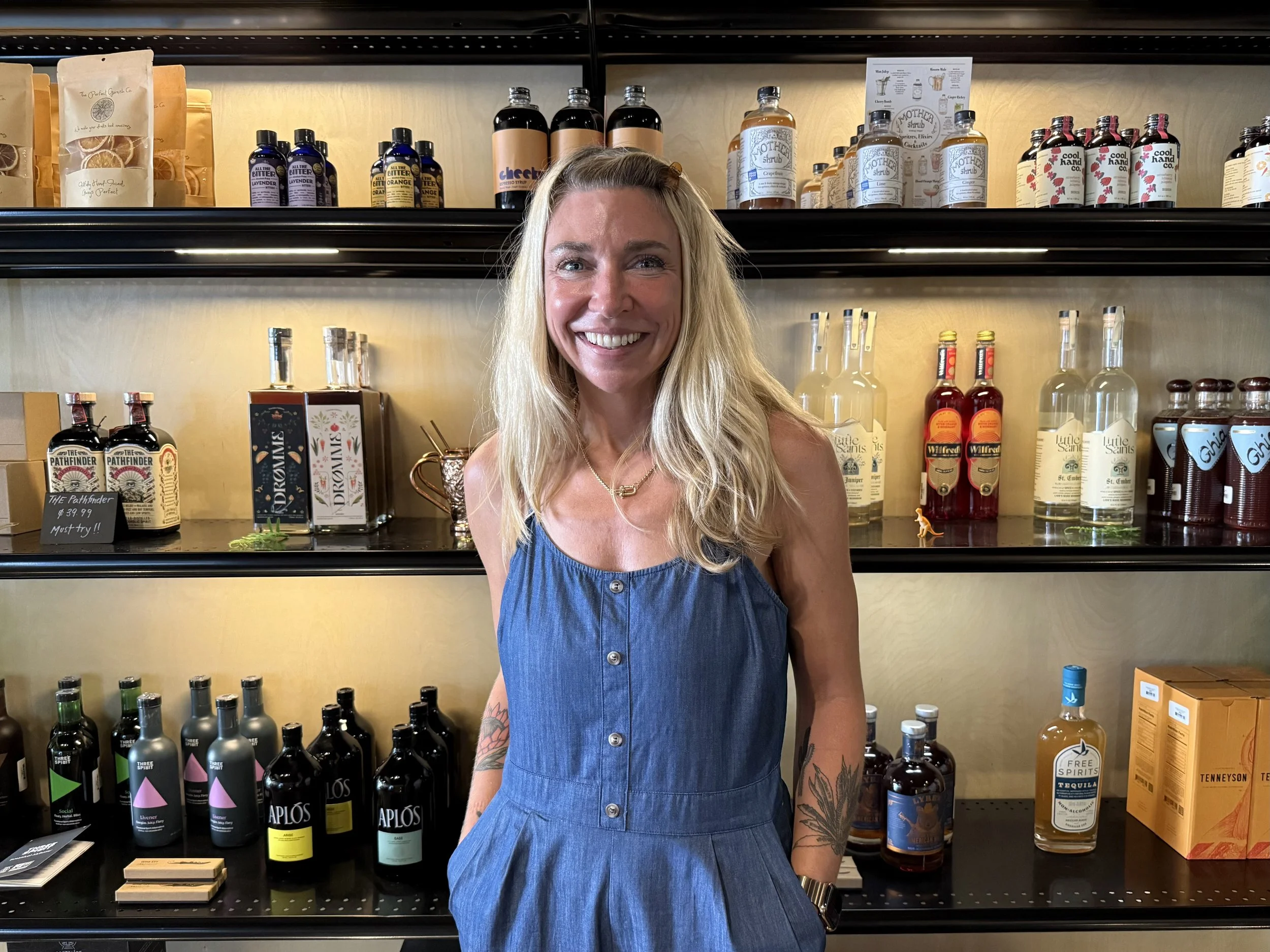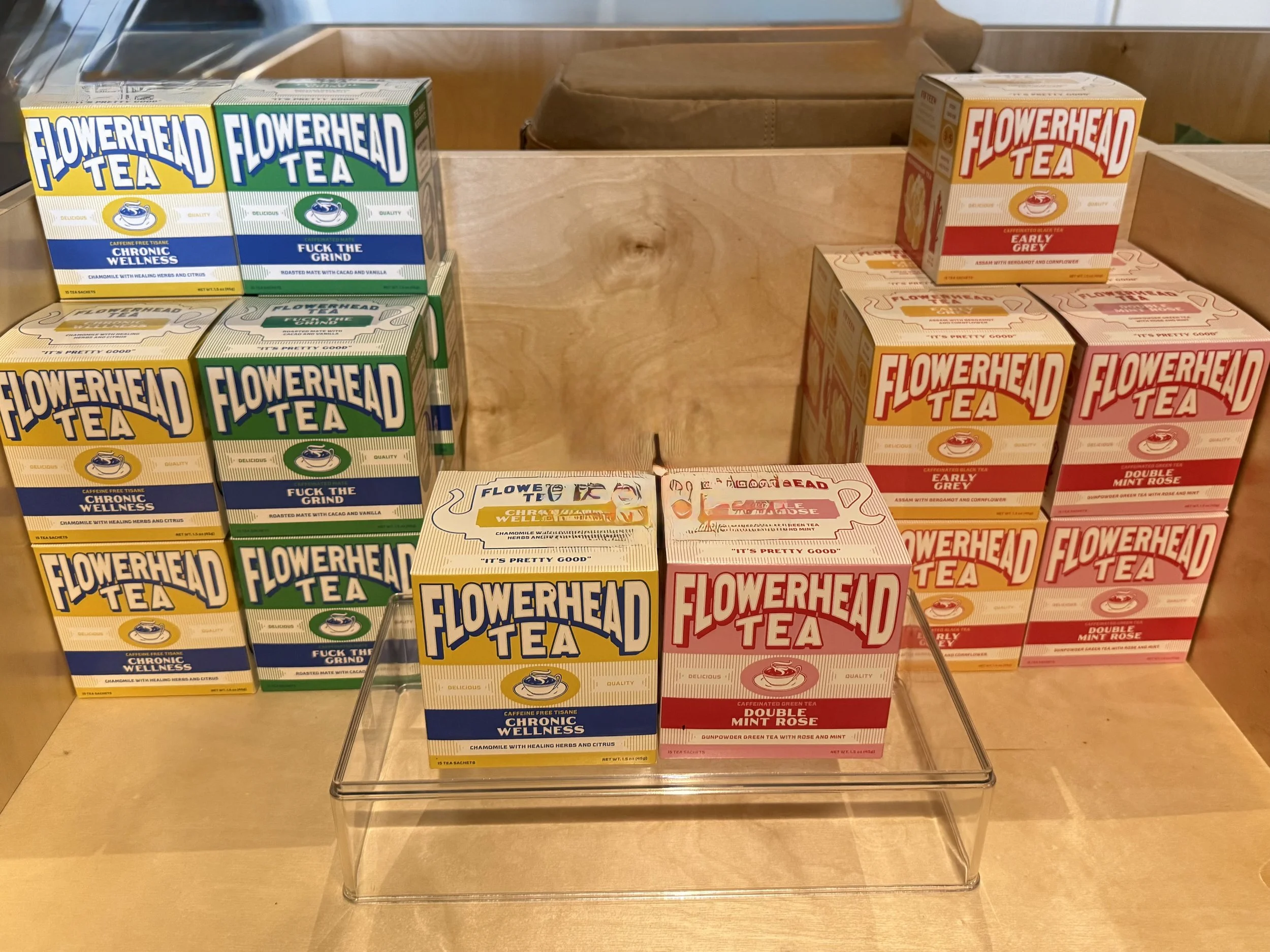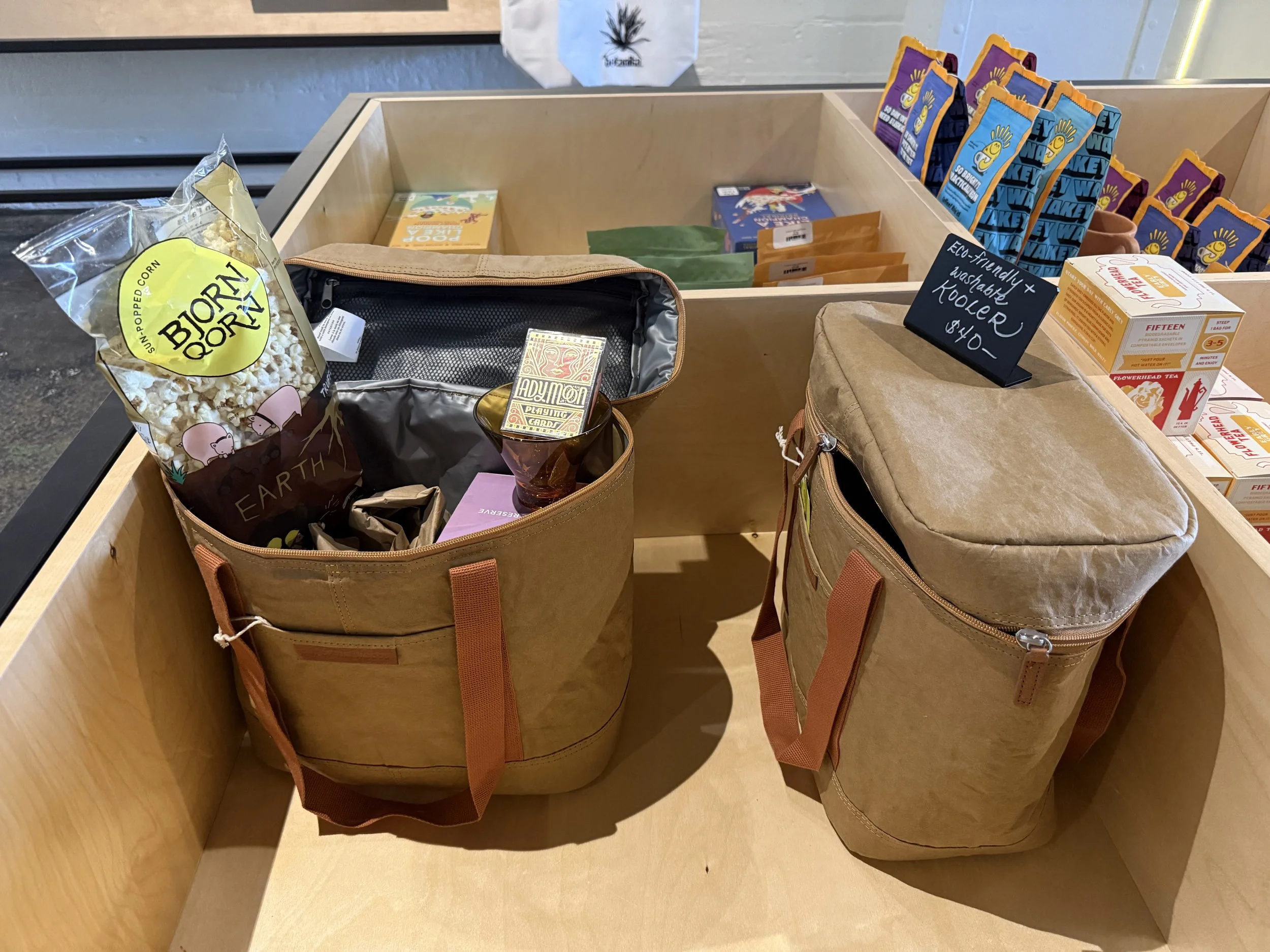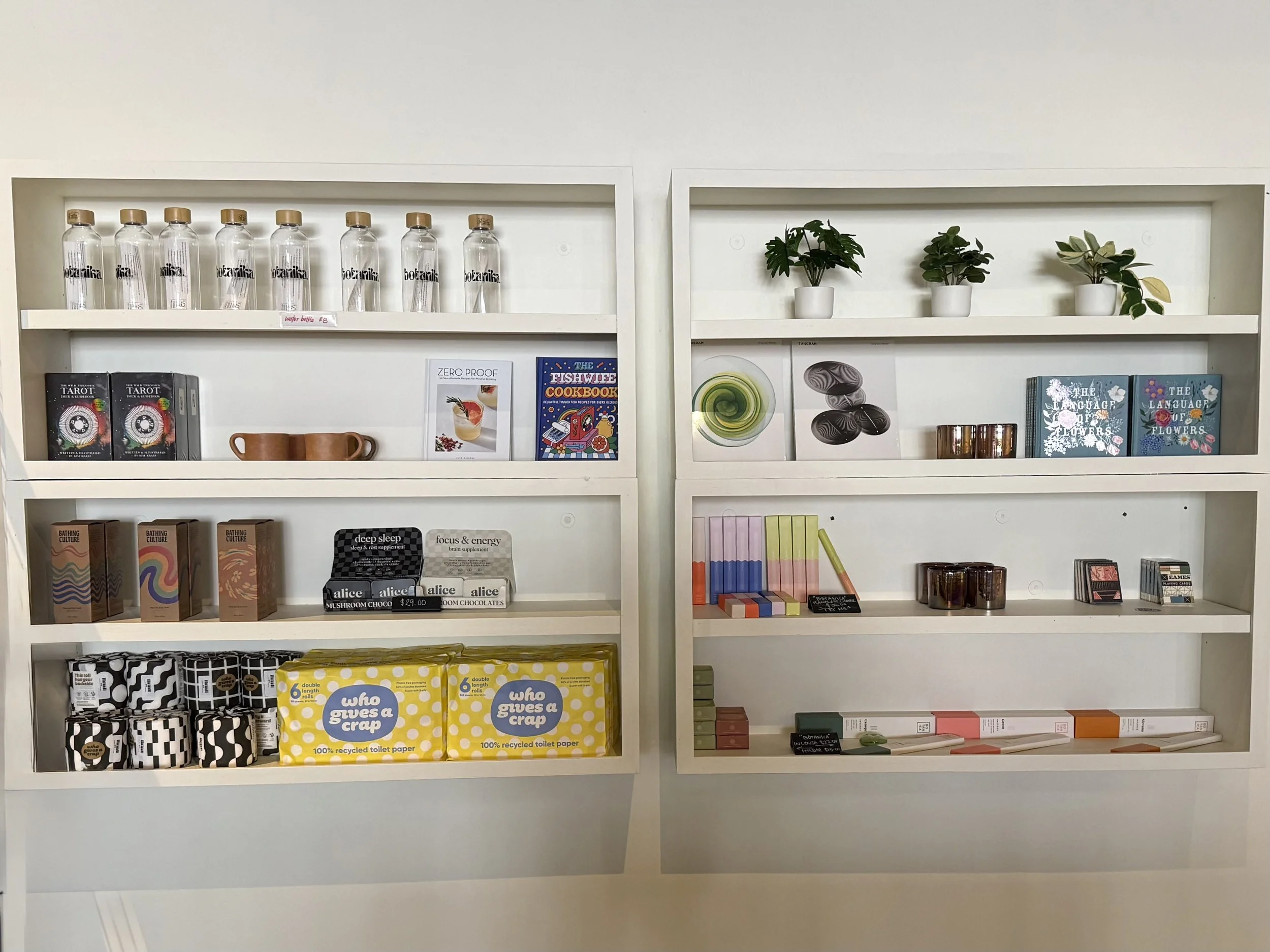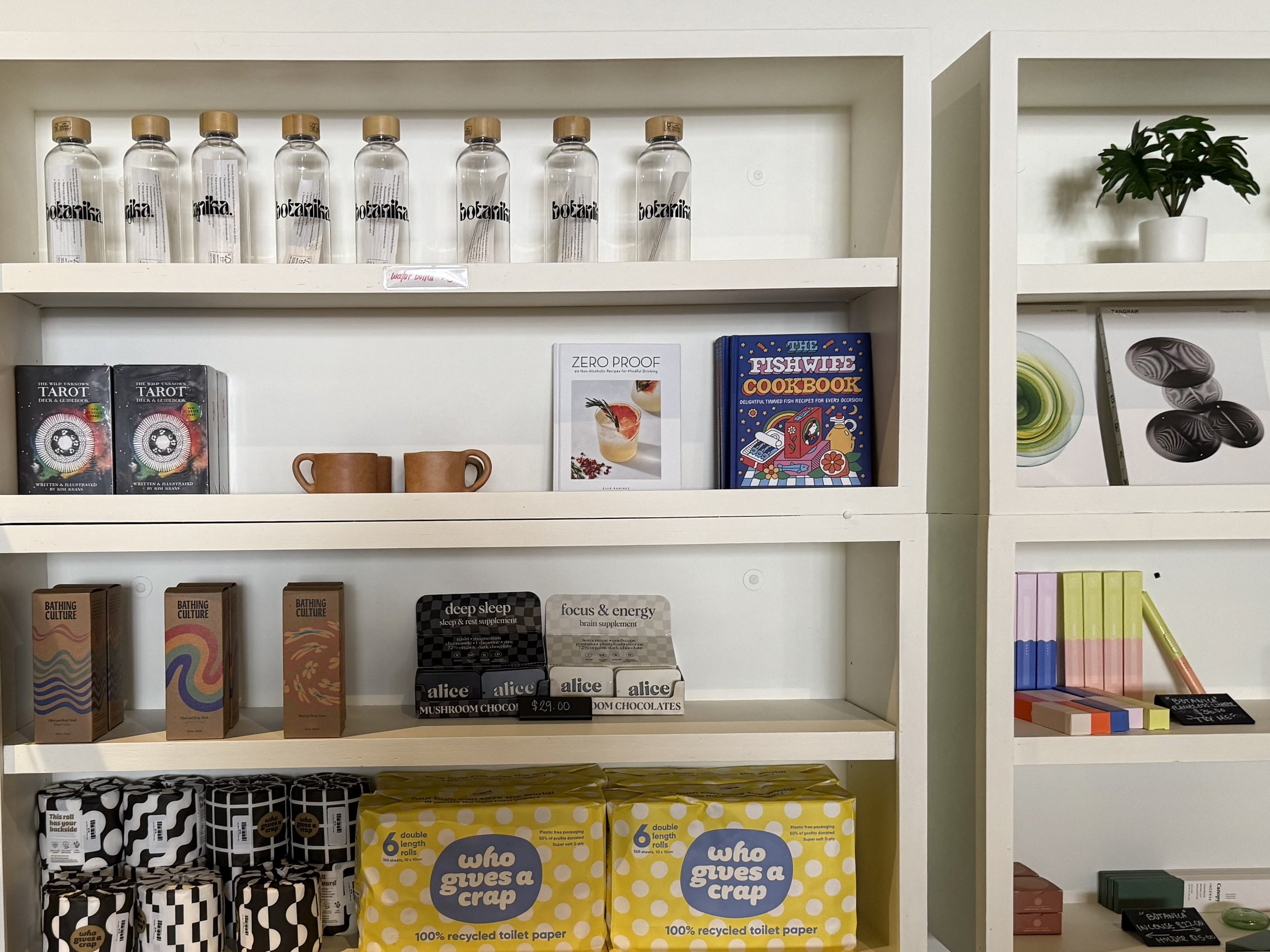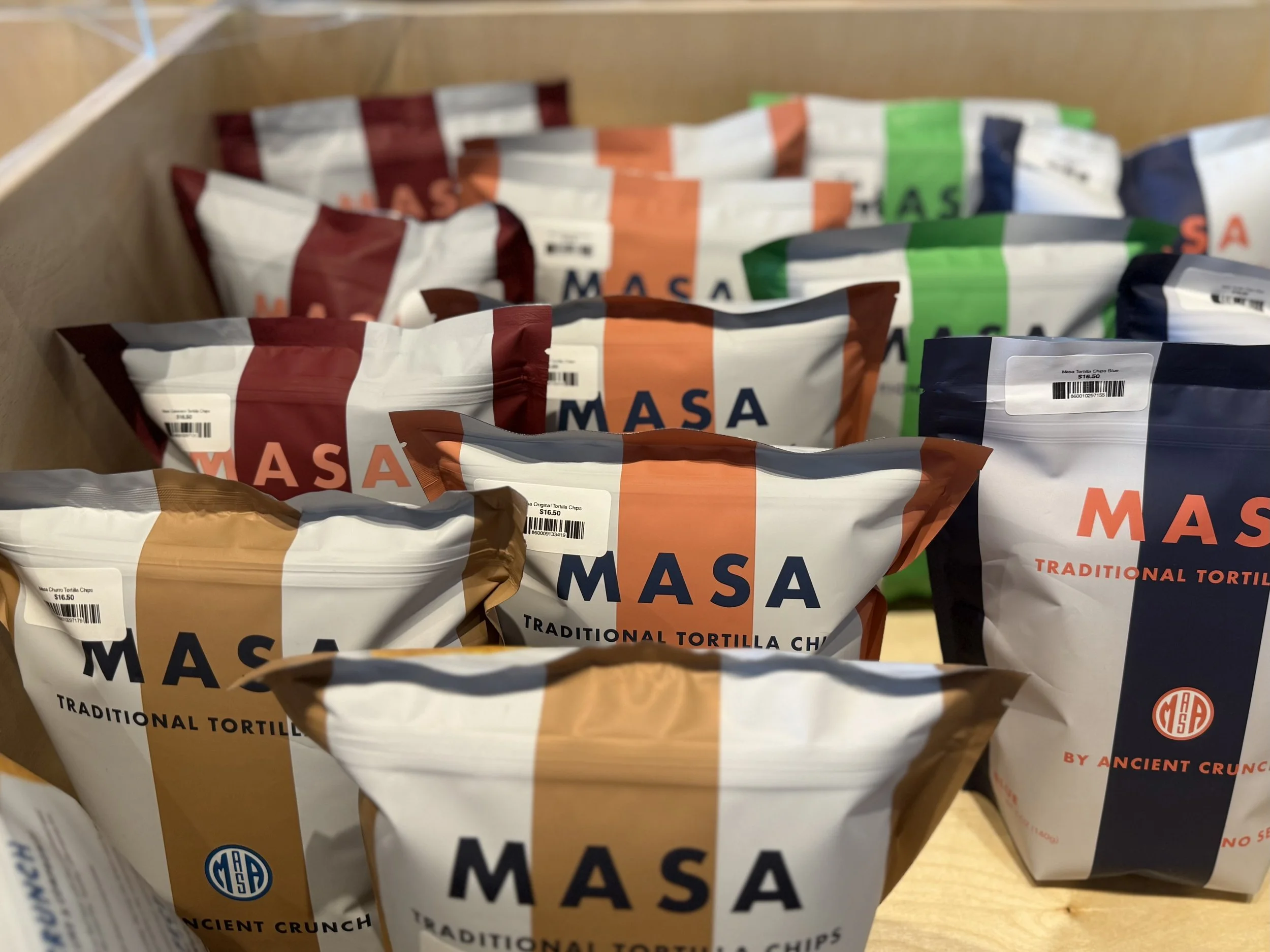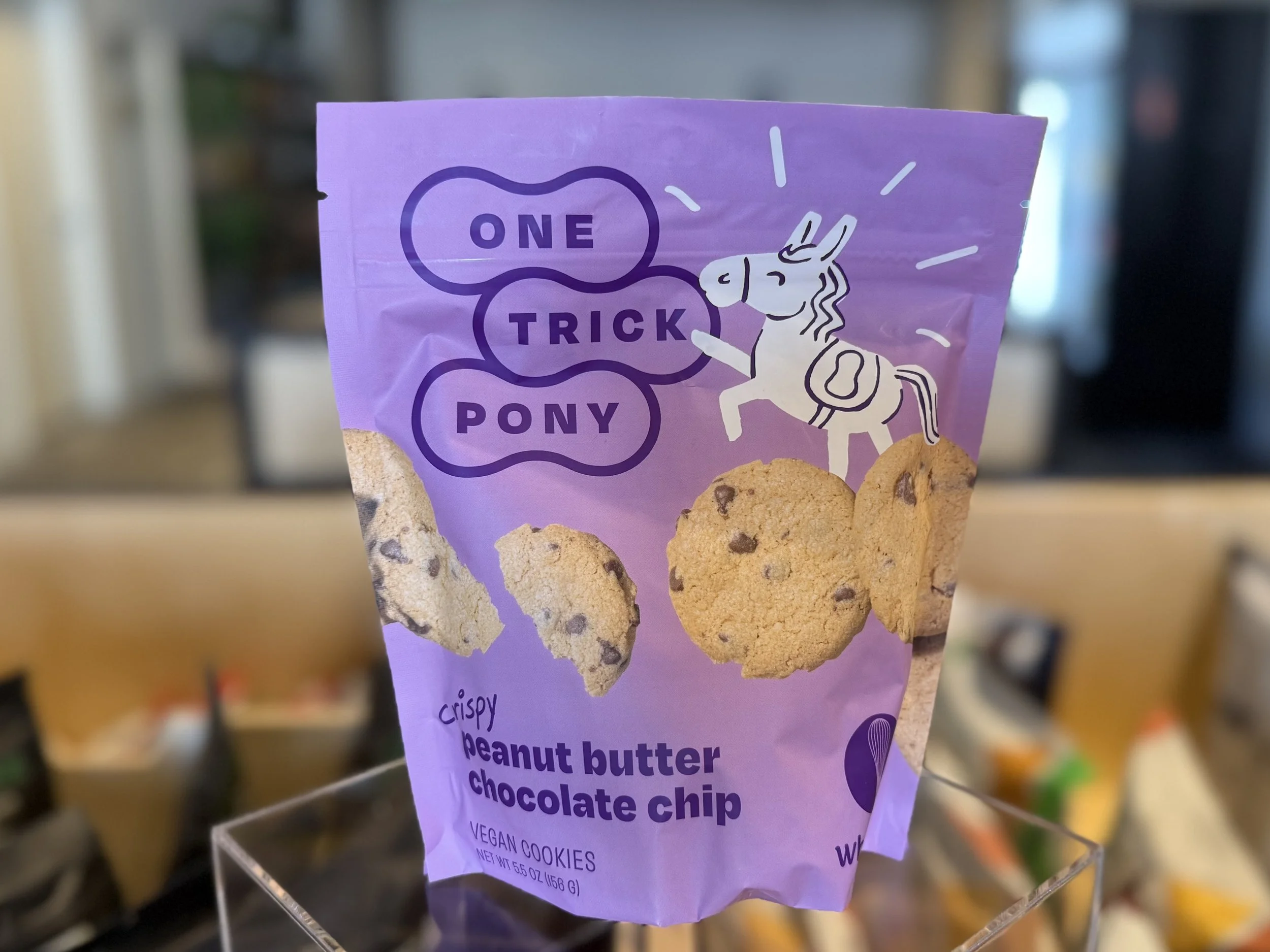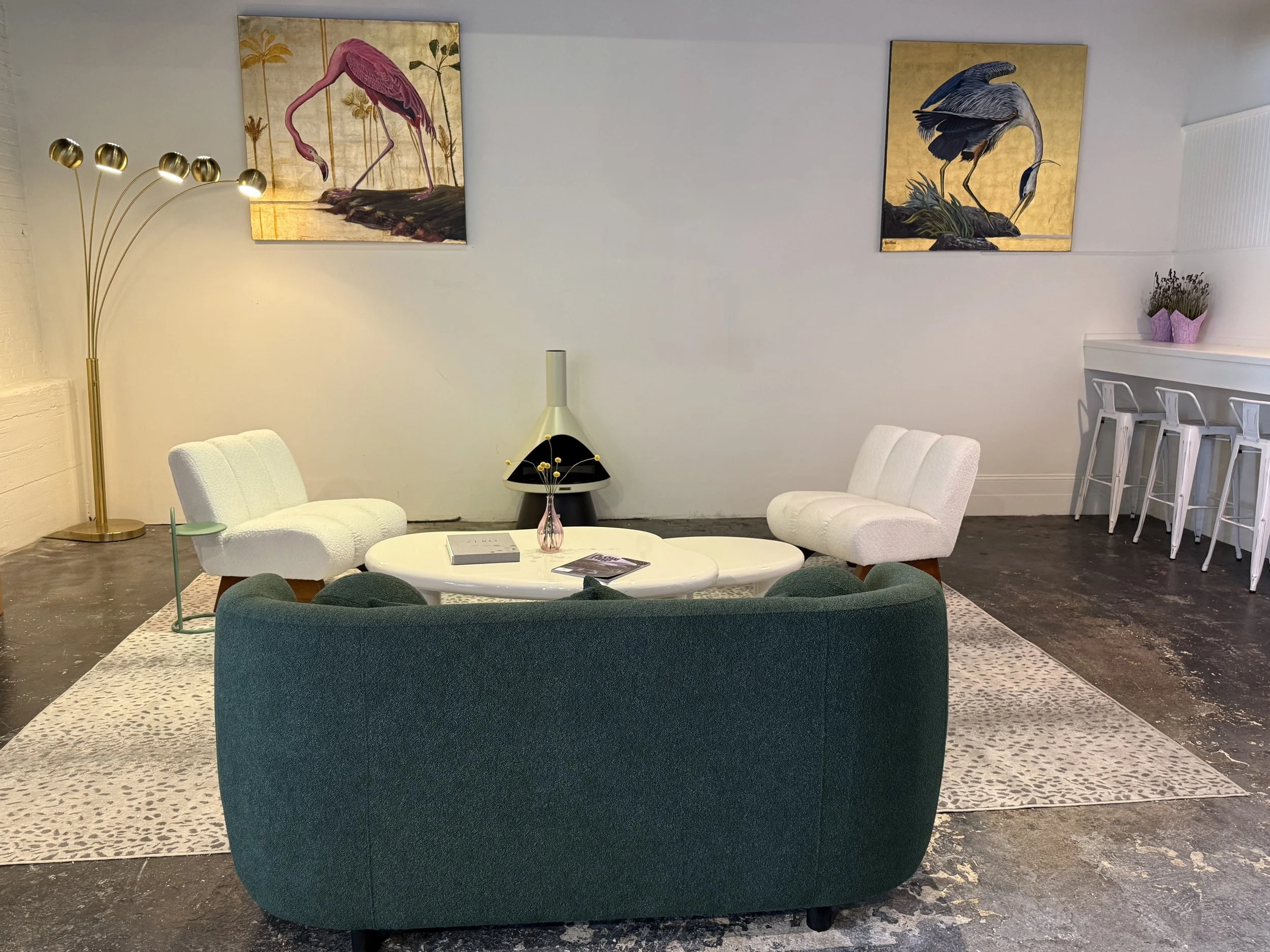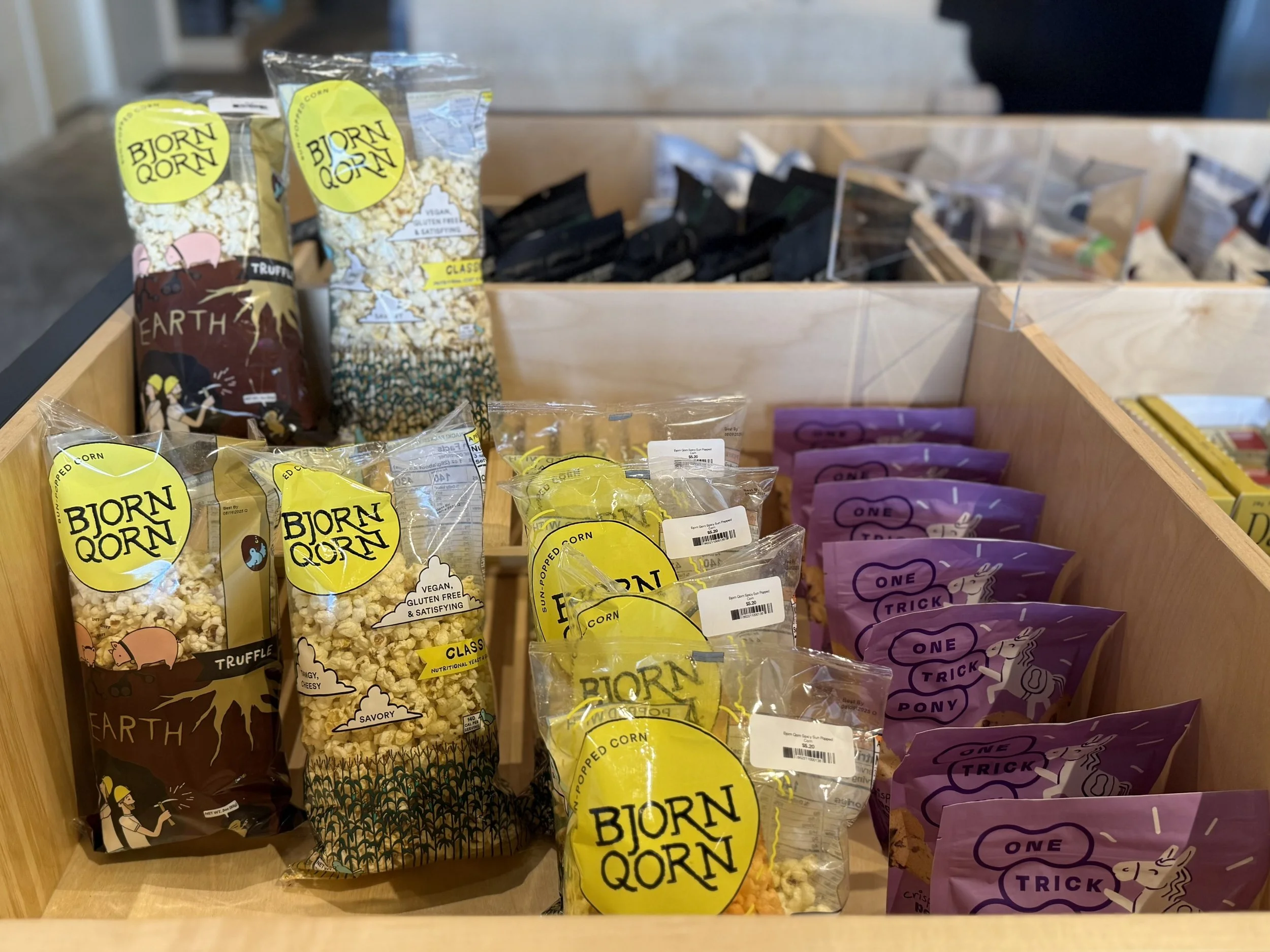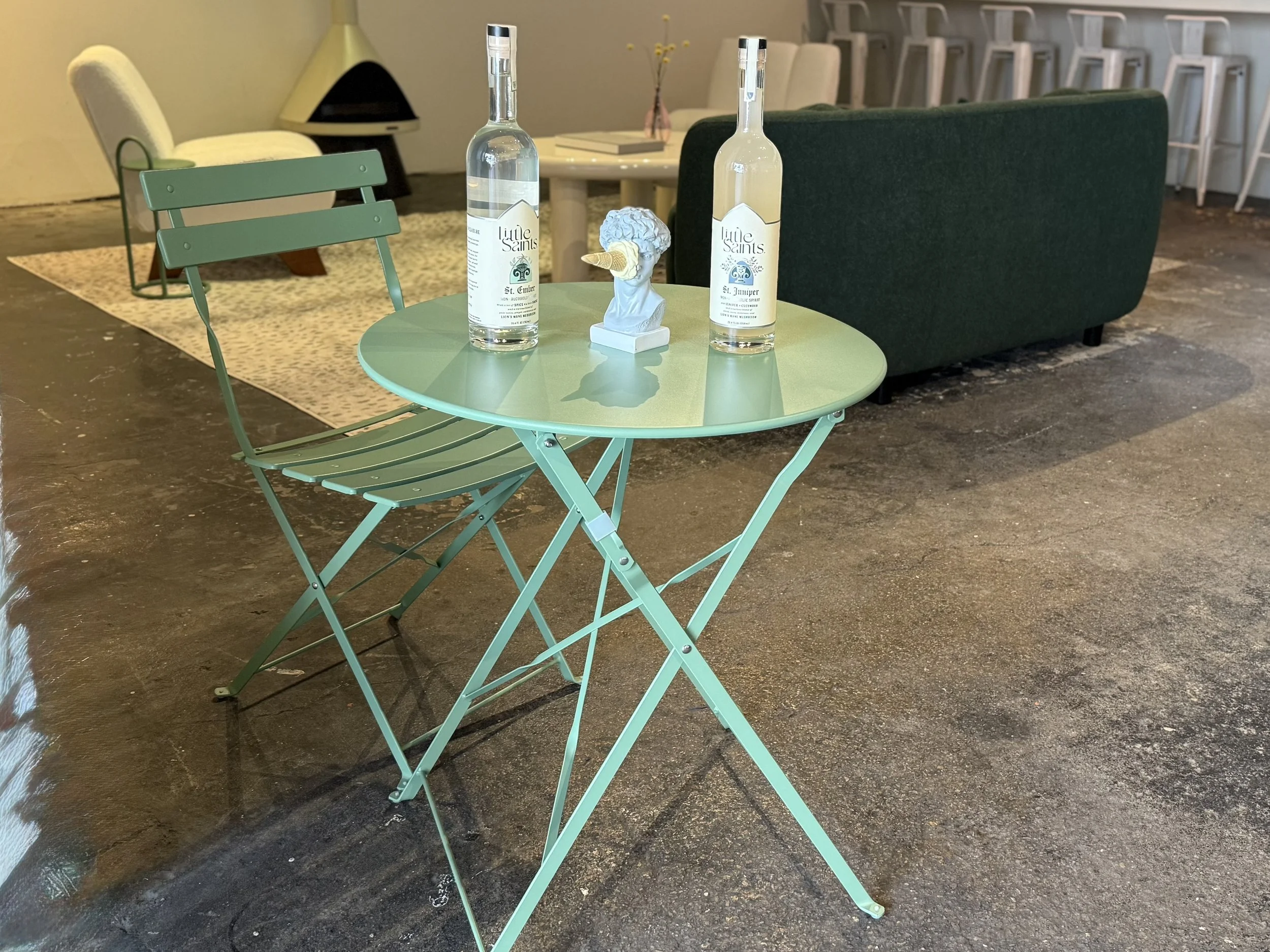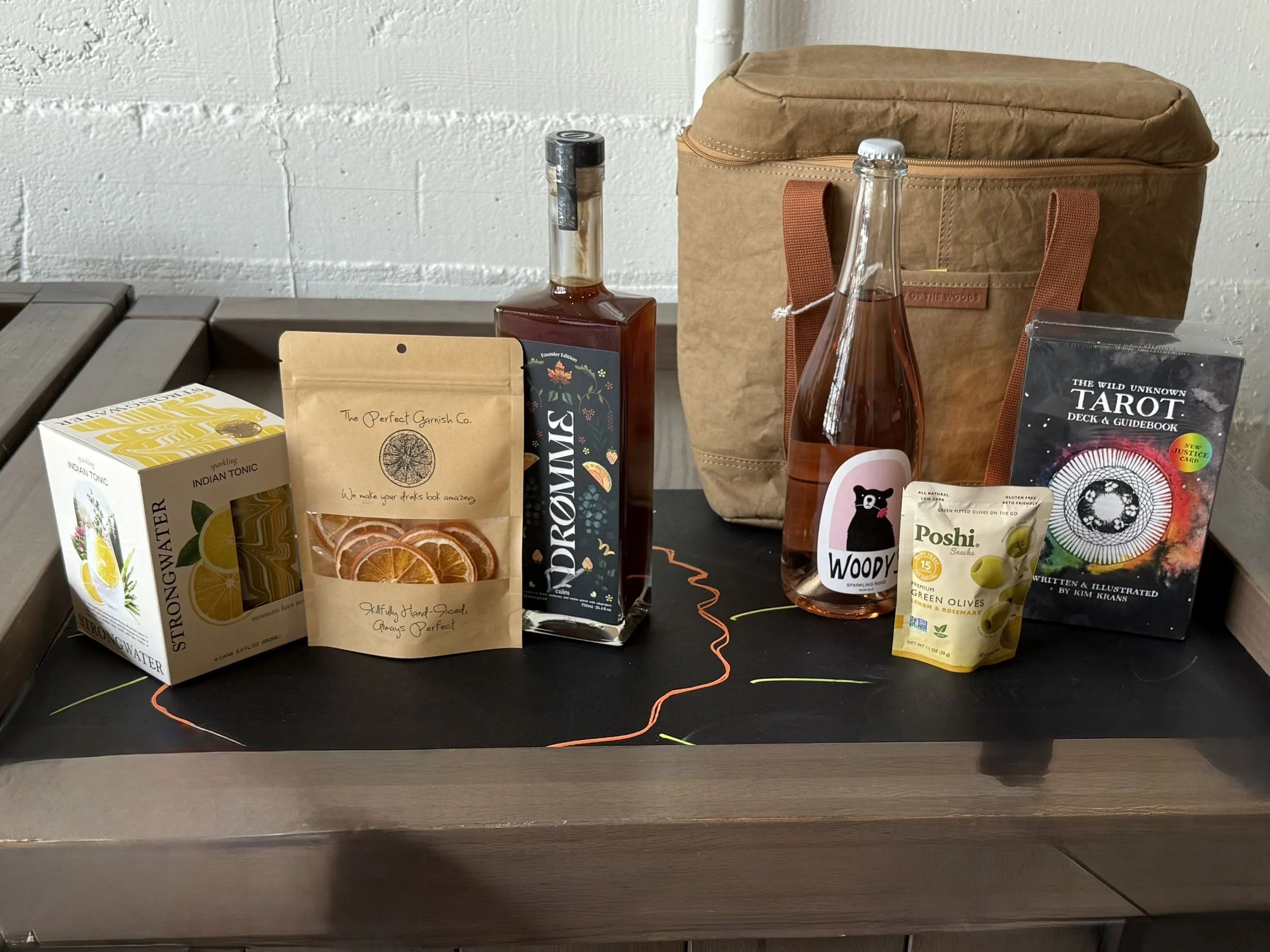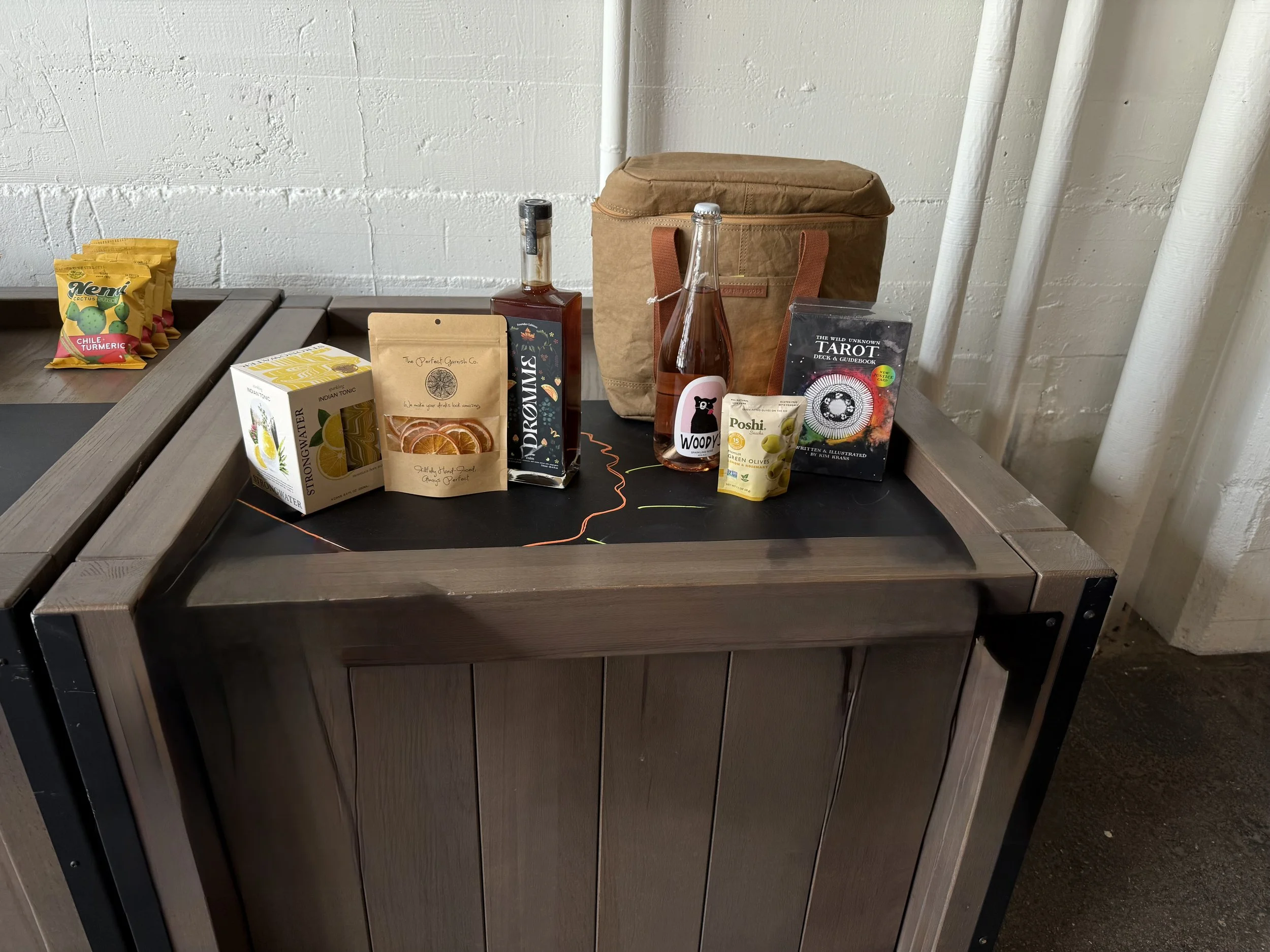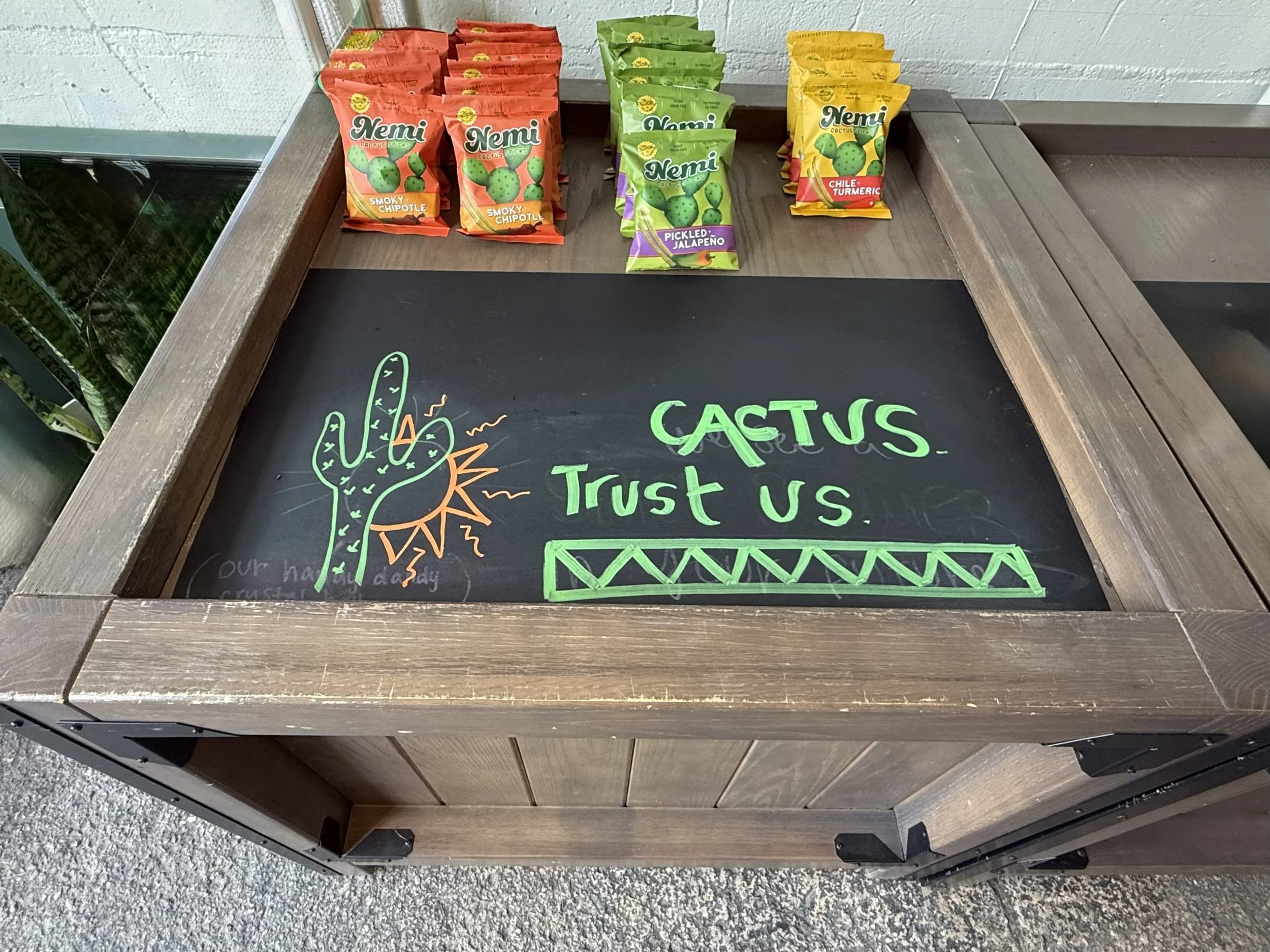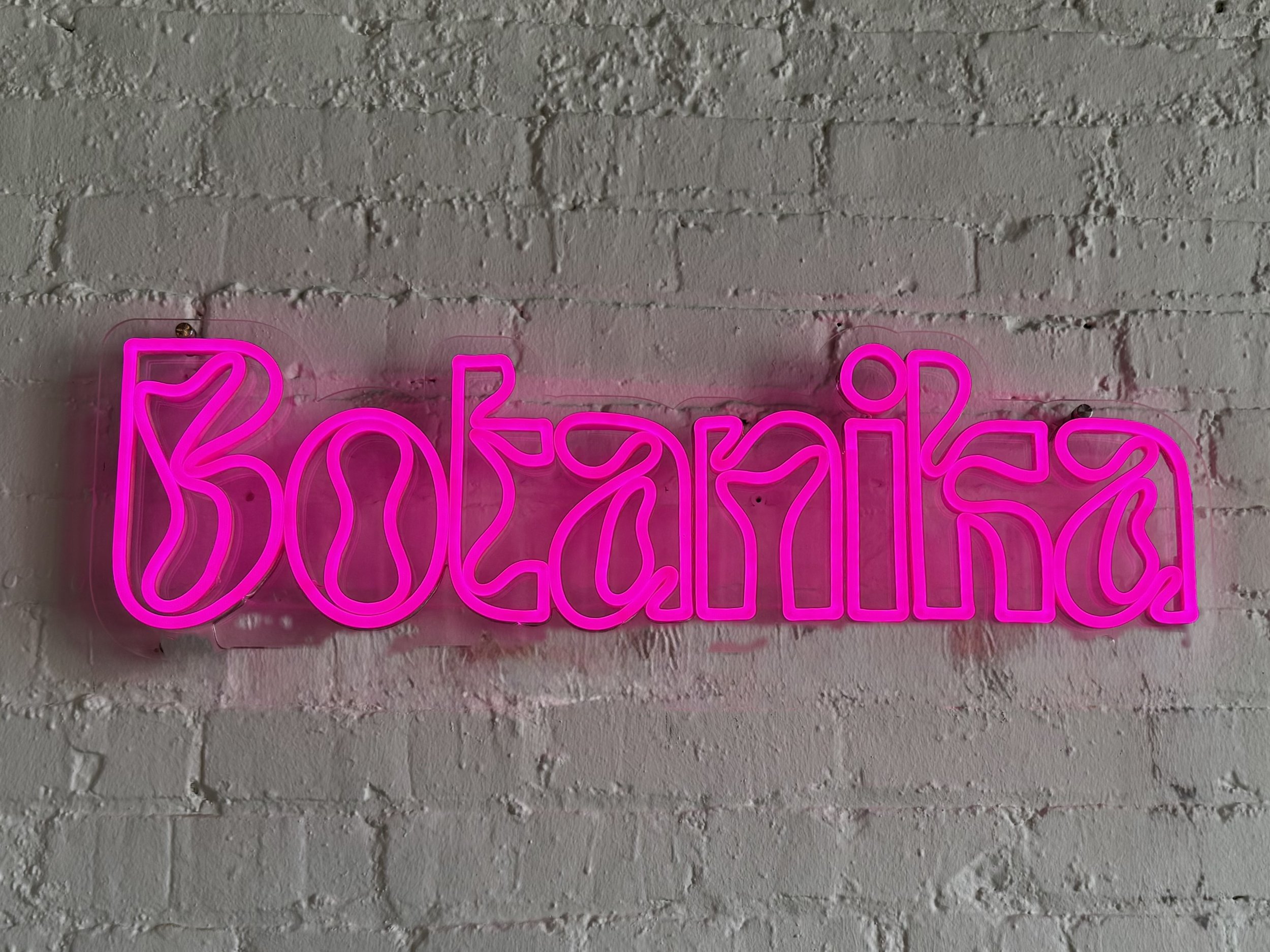Botanika
“Underneath it all, it’s about community. That’s what drove me to take the risk of opening a small business, because thriving cities depend on thriving local businesses. And that doesn’t happen without people willing to give everything they have.” Kate Riser did not set out to become the founder of Botanika. The path that led her to this bright, airy, minimalist shop in Salt Lake City was anything but straight-forward. It is a story of reinvention and a deep desire to create something meaningful - not just for herself, but for those around her.
Kate grew up in Salt Lake, in what she calls her own small bubble. She attended a Catholic school run by Irish nuns - “exactly like what you see in the movies,” she laughed. “It was extremely strict. So, by the time I turned eighteen, I was like, ‘Bye. I’m out of here.’”
In 1998, Kate moved to San Francisco to attend the University of San Francisco. From there, she headed to New York City with plans to transfer to NYU. She threw herself into the whirlwind of the city - working in fashion, nannying, and working in bars. “I loved it.”
In 2002, her life was upended. Both of her parents were diagnosed with cancer within a month of each other. She came back to Utah, terrified she was going to lose them both. Thankfully, after long recoveries, her mom went into remission from non-Hodgkin’s lymphoma, and her dad’s prostate cancer was successfully treated.
During that time, Kate decided to finish her degree at Westminster College. “I just wanted to get it over with,” she said. She flipped through the course catalog and chose communications and journalism, completing the entire major in eight months. Before that, she had explored environmental science - a relatively new field at the time - along with biology. But she was going through what she calls “an existential crisis,” trying to balance an uncertain future, the reality of her parents’ illnesses, and a boyfriend in New York. When that relationship ended, Kate made another bold move.
“I just said, ‘I’m going to Madrid.’” Kate landed in Spain at 22-years-old with a thousand dollars in her pocket, no job, and no plan. She lived in a hostel, wandered the city looking for work, and even got an interview with Vogue in Madrid. But when they told her they would not sponsor her visa, she turned it down, something she admits she regretted immediately.
Instead, Kate took whatever work she could find, teaching herself graphic design along the way. When Madrid proved too expensive, she moved to Seville, got her English teaching certificate, and started working at bars. Eventually, she settled into life in southern Spain, traveling around Europe and even pursuing a master’s degree through the prestigious Erasmus Mundus program.
For two years, she studied media and journalism, moving between Denmark, Amsterdam, and Hamburg, Germany. After completing her degree, she returned to Spain. In total, she spent a decade in Europe, living freely and on her own terms.
But the 2009 economic crash hit hard. With unemployment in Spain soaring to thirty percent, Kate found herself heading back to Salt Lake City. “I told my parents I’d stay for two weeks, max,” she said. “And I’m still here.”
Back in Utah, Kate worked a variety of jobs - translating and interpreting for hospitals and clinics, working for a medical publishing company, doing public relations for Fourth Street Clinic, and eventually becoming creative director for a large corporation. She held that role for eight years. When she was pushed out, however, she knew one thing for certain: “I’m never working for corporate America again. They don’t value people at all.”
By then, Kate’s life had shifted dramatically. She had married, had a son, Beck, in 2017 and later divorced. Becoming a mother changed her priorities. She and her ex, a natural wine broker, had spent years partying, but she decided it was time to stop. Sobriety was not easy. “When you become sober, everyone abandons you because you’re not partying anymore,” she said. “I felt so isolated. But then I started finding other people like me. You realize there’s this whole community out there. You just have to find each other.”
Around the same time, Kate discovered the growing world of non-alcoholic spirits and botanical drinks. “I was fascinated,” she said. “Younger generations are so much more mindful about how they drink. They’ll have a cocktail, then alternate with a mocktail. They’re more creative. They’re not necessarily sober, but they’re intentional.”
Kate loved the idea that non-alcoholic drinks did not have to be boring. Many of them contain adaptogens and nootropics (plants and supplements with wellness benefits) layered into their flavors. “It’s not just for sober people,” she said. “People use botanical spirits to make their Tom Collins more interesting or to create an incredible Negroni without the booze. It’s approachable. It’s fun. It feels like a new frontier.”
Kate started small, selling non-alcoholic bottles out of her home. The response surprised her. People were curious and wanted more. She realized this could be more than a personal interest. It could be a business. But she did not want just any shop. She wanted a space that reflected the values of the brands she would carry: sustainability, inclusion, minority ownership, and exceptional quality. She wanted something curated and different - something Salt Lake did not have.
Kate spent over a year researching, studying bodega-style grocers in other cities like New York’s Pop-Up Grocer, LA’s Big Night, and Foxtrot in Chicago. She scoured Good Food Award winners, tracked emerging brands in Portland, LA, and New York, and built relationships with small producers.
“I have about fifty brands in the shop,” she said. “I know their stories. I’ve had Zoom calls with them. I’ve tasted everything. I wanted every product here to feel special.”
Kate’s curation spans almost three hundred products: non-alcoholic spirits, wines, aperitifs, and mixers; beautifully packaged botanical drinks; inventive canned cocktails; tinned fish and anchovies (a nod to the sustainable tinned fish craze sweeping Europe); artisan pastas and sauces; plant-based milks like pistachio; single-origin coffees and teas; nutrient-dense cereals packed with fiber; cactus snacks and dried cactus sticks that she calls “life-changing”; plus thoughtfully sourced popcorn (vetted by her son, the pickiest eater she knows). She even stocks items like sustainable butter alternatives, elegant mixers for both cocktails and mocktails, and rare pantry staples you would normally only find in cities like New York or LA.
Some are local, but many are cult favorites from elsewhere - brands that have become highly sought after in places like Portland and Los Angeles but are nearly impossible to find in Salt Lake. “I’m introducing Salt Lakers to things they can’t get anywhere else,” Kate said. “And at the same time, I’m supporting these small brands with meaningful brand values.”
Kate's vision also extends beyond retail. Botanika is housed in an old Artspace building that was once a market. When Kate took it over, it was in rough shape. She gutted it, removing strange paint colors, and an outdated kitchen, and started fresh. The design is raw and minimal: concrete floors, white walls, and exposed, black-painted pipes. Custom wood-and-metal display cases, built by her contractor-turned-friend, hold the products like special art pieces. “It’s not like a grocery store, and it’s not like a typical bodega either,” she explained. “It’s open, airy, uncluttered. I wanted it to feel intentional.”
A small lounge area invites customers to linger. You can open a bottle of alcohol-free wine, sip a canned botanical cocktail or coconut water, snack on something new, and stay awhile. “Sometimes people just sit with a magazine, or meet a friend, or work for a bit,” Kate said. “It’s a place to slow down.”
Kate hopes the space becomes more than a shop - that it grows into a hub for connection and community events. For now, though, she is focused on balancing her inventory, building her online platform, and deepening relationships with customers in the neighborhood.
“I see Botanika as a love letter to the city,” she said. “Salt Lake is changing. If we want it to grow into a truly vibrant place, we need small businesses like this - spaces that make a city unique. Nobody goes to Portland for the Cheesecake Factory. They go for the local shops, the places you can’t find anywhere else. That’s what makes a city cool.”
Kate pauses when asked what keeps her going. “You give up everything to open a small business,” she said quietly. “It’s a huge risk. But it matters. It really matters to the people, to the community, to the future of this city. I hope Botanika becomes part of that story.”

